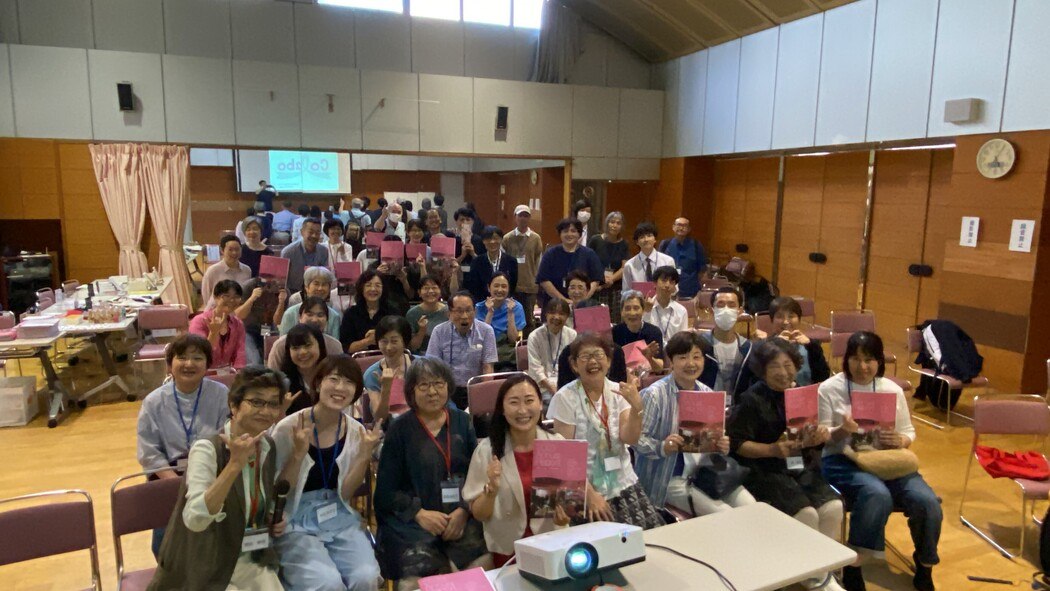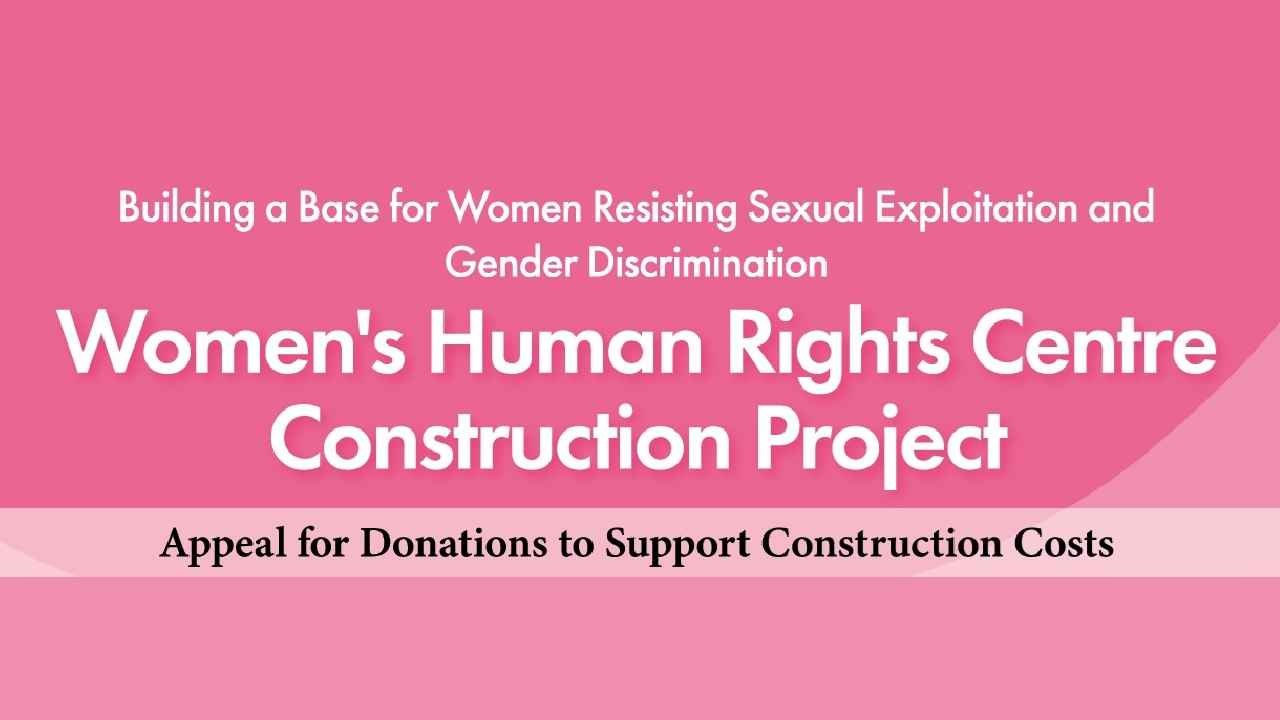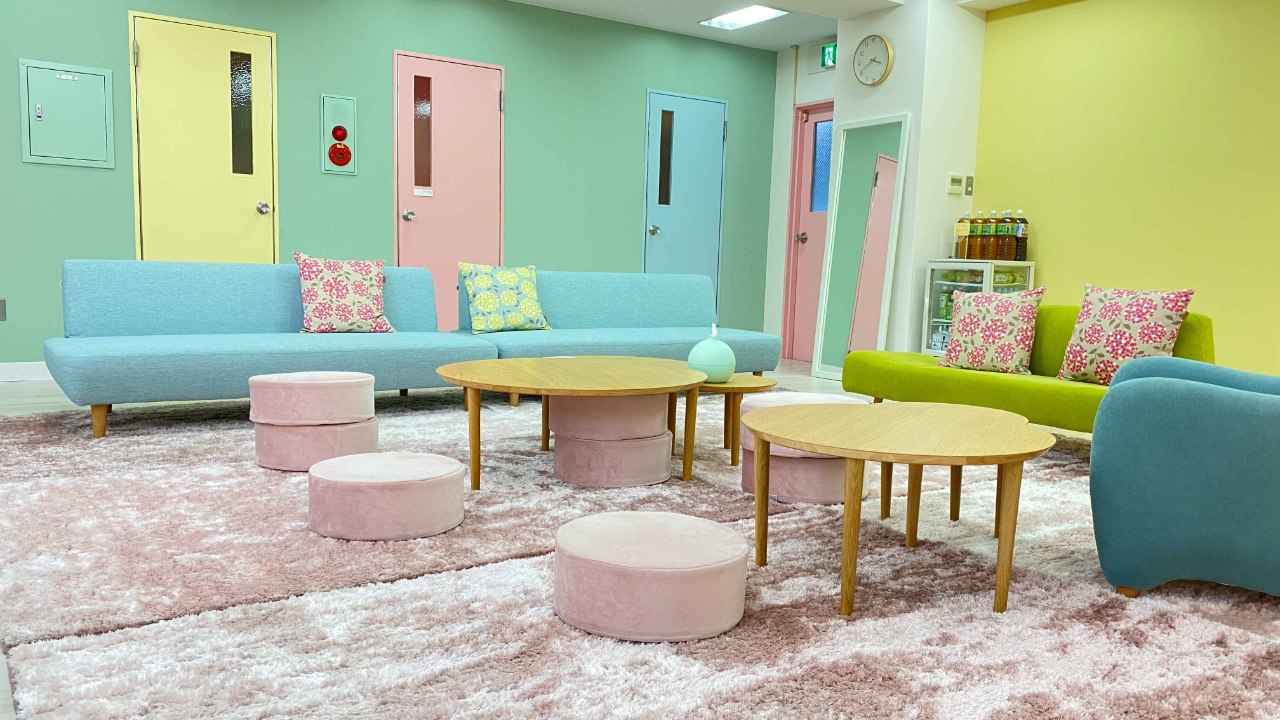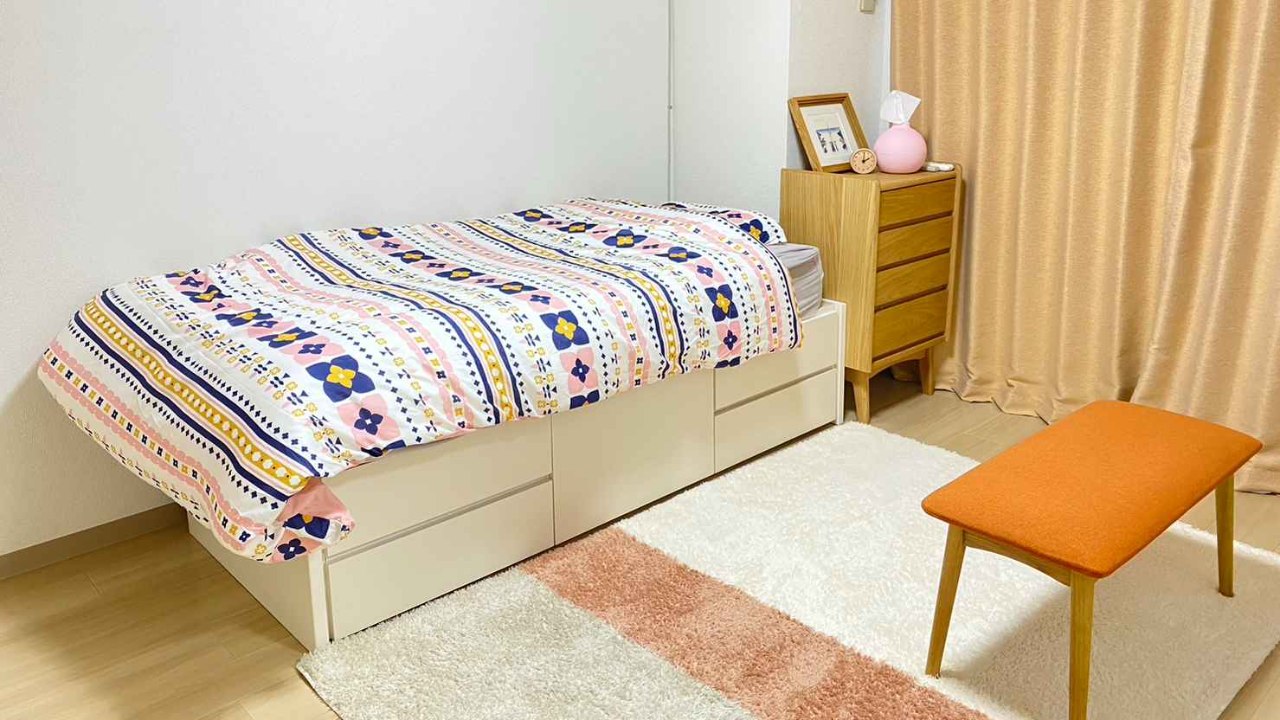Providing all girls with “food, clothing, and shelter” and “relationships”
Colabo is a Japan-based non-profit organisation supporting young women and girls, including those who have suffered abuse or sexual exploitation.
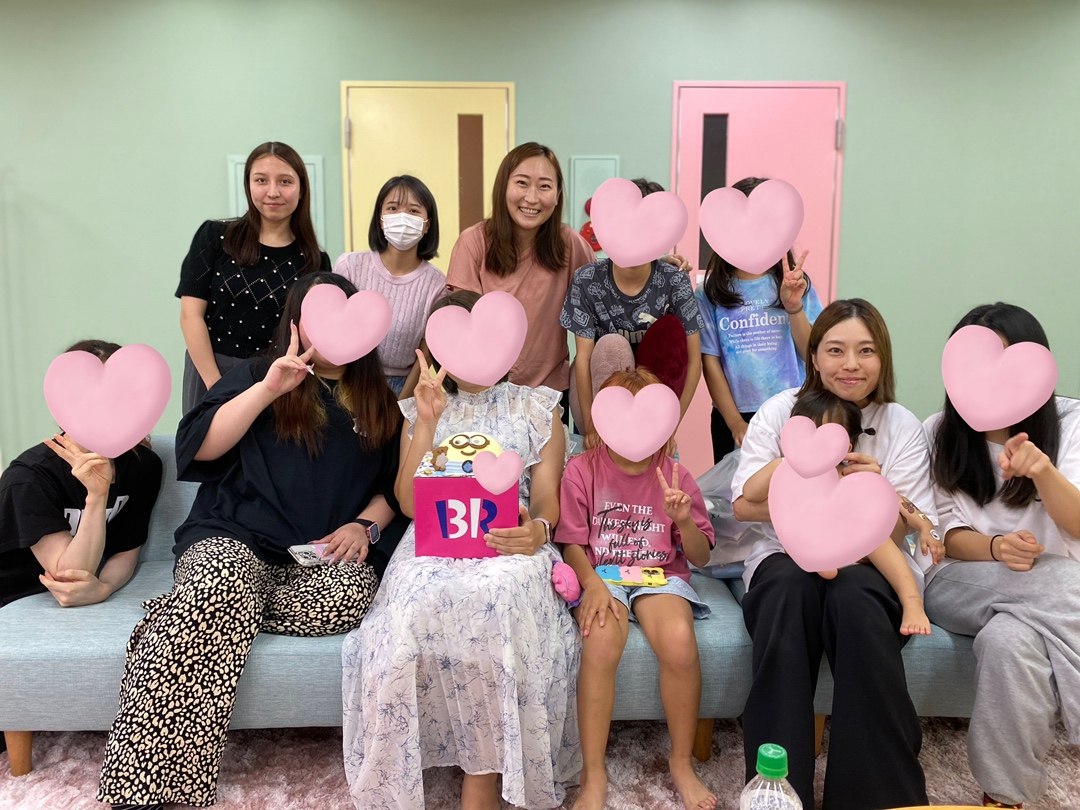
In Japan lacks support centres for girls and women who have experienced sexual exploitation, and there is no Women’s Human Rights Centre. Backlash against women's human rights movement has been intense, and Colabo is also under harsh attack. This makes many women's groups fear to tackle the issue of sexual exploitation.
To change this situation, we have launched a fundraising campaign to build a Women’ Human Rights Centre.
The Women’s Human Rights Center will be built in Kabukichō , Shinjuku, the city where sexual exploitation is most severe in Japan, and will create a base for activities that support women who are in the midst of sexual exploitation. Construction costs 1 billion yen ($6.7 million).
Colabo receives no public funding and operates solely through donations from citizens. We are calling for support from all over the world with the aim of building the centre in 2030. We need your support.

What we hope to achieve with the Women's Human Rights Centre
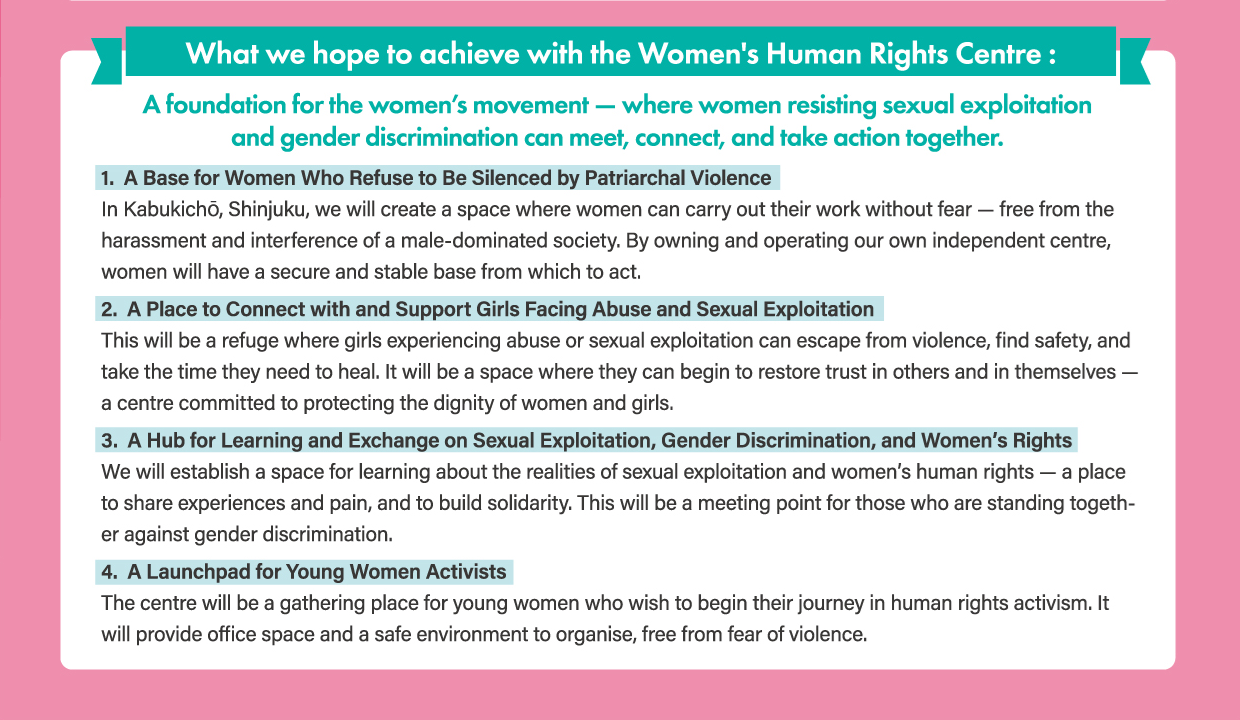
A foundation for the women’s movement — where women resisting sexual exploitation and gender discrimination can meet, connect, and take action together.
- A Base for Women Who Refuse to Be Silenced by Patriarchal Violence
In Kabukichō, Shinjuku, we will create a space where women can carry out their work without fear — free from the harassment and interference of a male-dominated society. By owning and operating our own independent centre, women will have a secure and stable base from which to act. - A Place to Connect with and Support Girls Facing Abuse and Sexual Exploitation
This will be a refuge where girls experiencing abuse or sexual exploitation can escape from violence, find safety, and take the time they need to heal. It will be a space where they can begin to restore trust in others and in themselves — a centre committed to protecting the dignity of women and girls. - A Hub for Learning and Exchange on Sexual Exploitation, Gender Discrimination, and Women’s Rights
We will establish a space for learning about the realities of sexual exploitation and women’s human rights — a place to share experiences and pain, and to build solidarity. This will be a meeting point for those who are standing together against gender discrimination. - A Launchpad for Young Women Activists
The centre will be a gathering place for young women who wish to begin their journey in human rights activism. It will provide office space and a safe environment to organise, free from fear of violence.
Message from the representative: Why is the Women’s Human Rights Centre needed now?
From my own experience of wandering the streets as a girl
As a teenager, a home with domestic violence was not a place to be in peace. Having dropped out of school and being unable to return home, we would wander the streets, approached only by sex trade operators or buyers. Without any adults to rely on, we were desperate to get what we could eat and where to sleep for the day. Sometimes we’d lay cardboard on a building’s rooftop to see out the night. To girls like us, sex buyers and traffickers would come up with questions like, "How much?", "Looking for work?", "Have you eaten?" and then broker us into sex trade.
At the time, I believed that being seen solely as an object of sexual consumption meant "it was my own fault" and "I only have that kind of value." However, when I visited the Philippines at the age of 18 and saw girls being "sold" in a brothel for Japanese and Japanese men who came to buy them, I realised that this was not a personal issue, but a societal one. In order to change this situation, I went to university to learn about the structure of society. It was during my student years, in 2011, that I began Colabo’s activities.
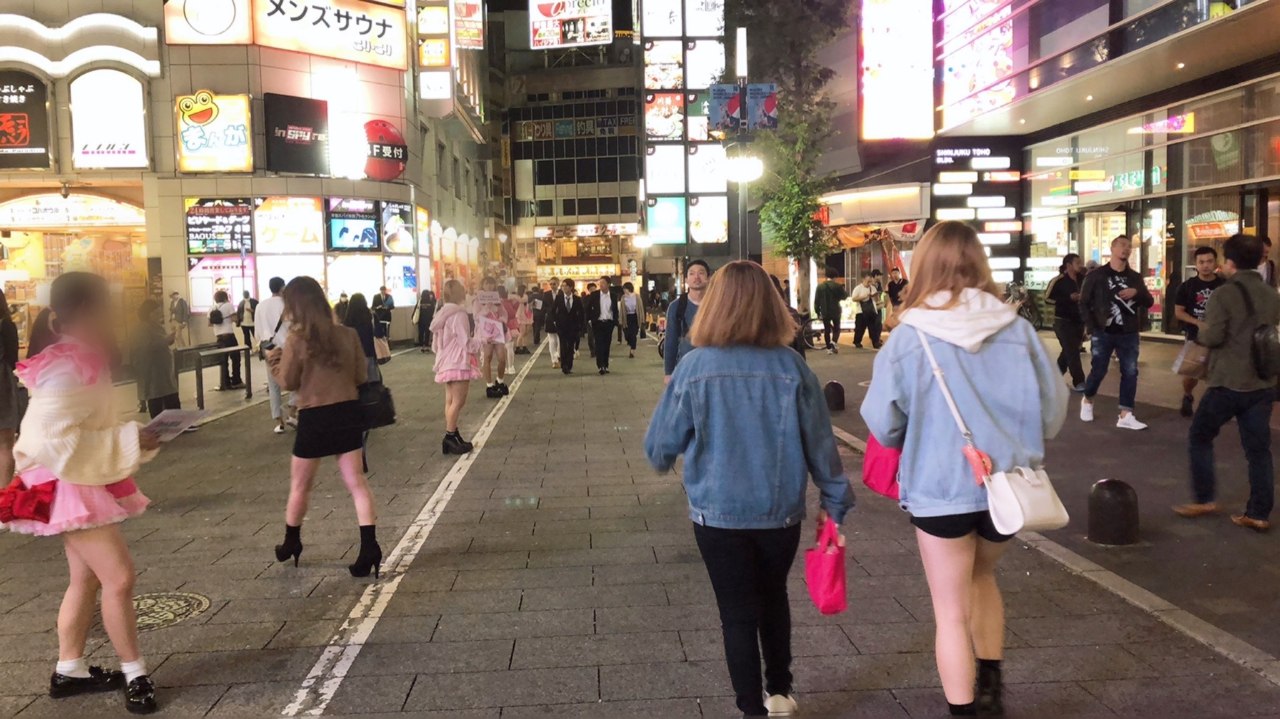
The current state of welfare and sex trafficking in Japan
Even today, Kabukichō , Shinjuku is home to a large number of girls from all over the country who have lost their place due to abuse or poverty. In Japan, there is little support available for abused girls, and those who have run away from home or become victims of sex trafficking are often treated as troublemakers, even by schools and welfare agencies. Having experienced inadequate responses when seeking help from adults, children gather on the streets, believing they must fend for themselves.
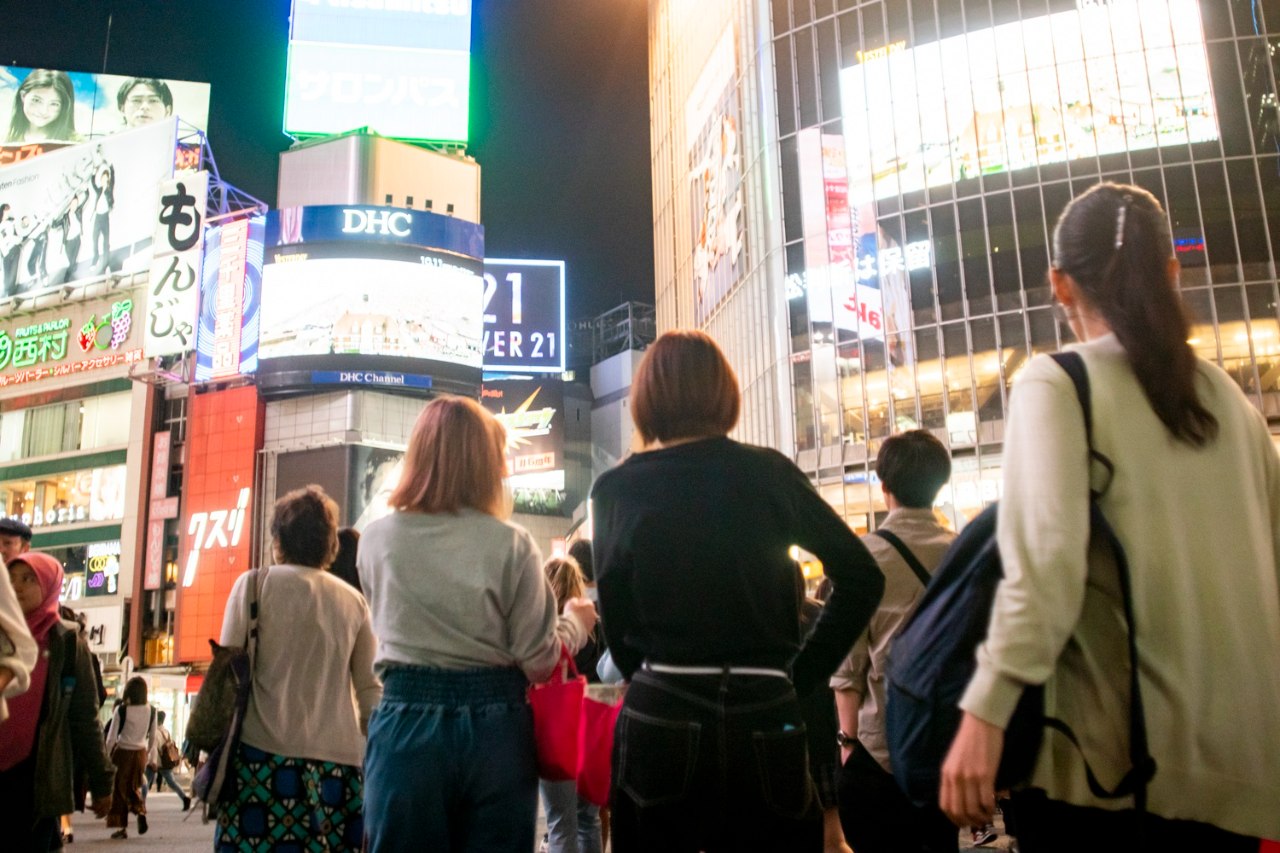
The only adults showing interest in these girls are those who exploit them sexually. Girls with intellectual or developmental disabilities are frequently victimised. Deceptions have persisted for decades – girls and women get recruited into host clubs, where men deceive them into incurring substantial debts and then force them into prostitution to pay them off. These girls and women suffer from various problems, including trauma and mental illnesses caused by the victimisation, sexually transmitted infections and pregnancy, and they need care.
In downtowns likeKabukichō , between 100 and 200 sex trade “scouts” approach young girls every night within a radius of just a few hundred metres. Over 100 sex buyers are also confirmed daily. For men living in Japan, prostitution is familiar, and they casually come to “buy” girls with their colleagues and friends on their way home from work or school. In the country where sex traffickers are legally present, this is nothing new.
An increasing number of young women are being forced into prostitution by their parents or boyfriends, and more girls are being compelled to marry much older men who are sex buyers, often just after turning 18, usually for economic reasons. This is not just in big cities. Colabo supports girls from rural areas who are in the same situation.
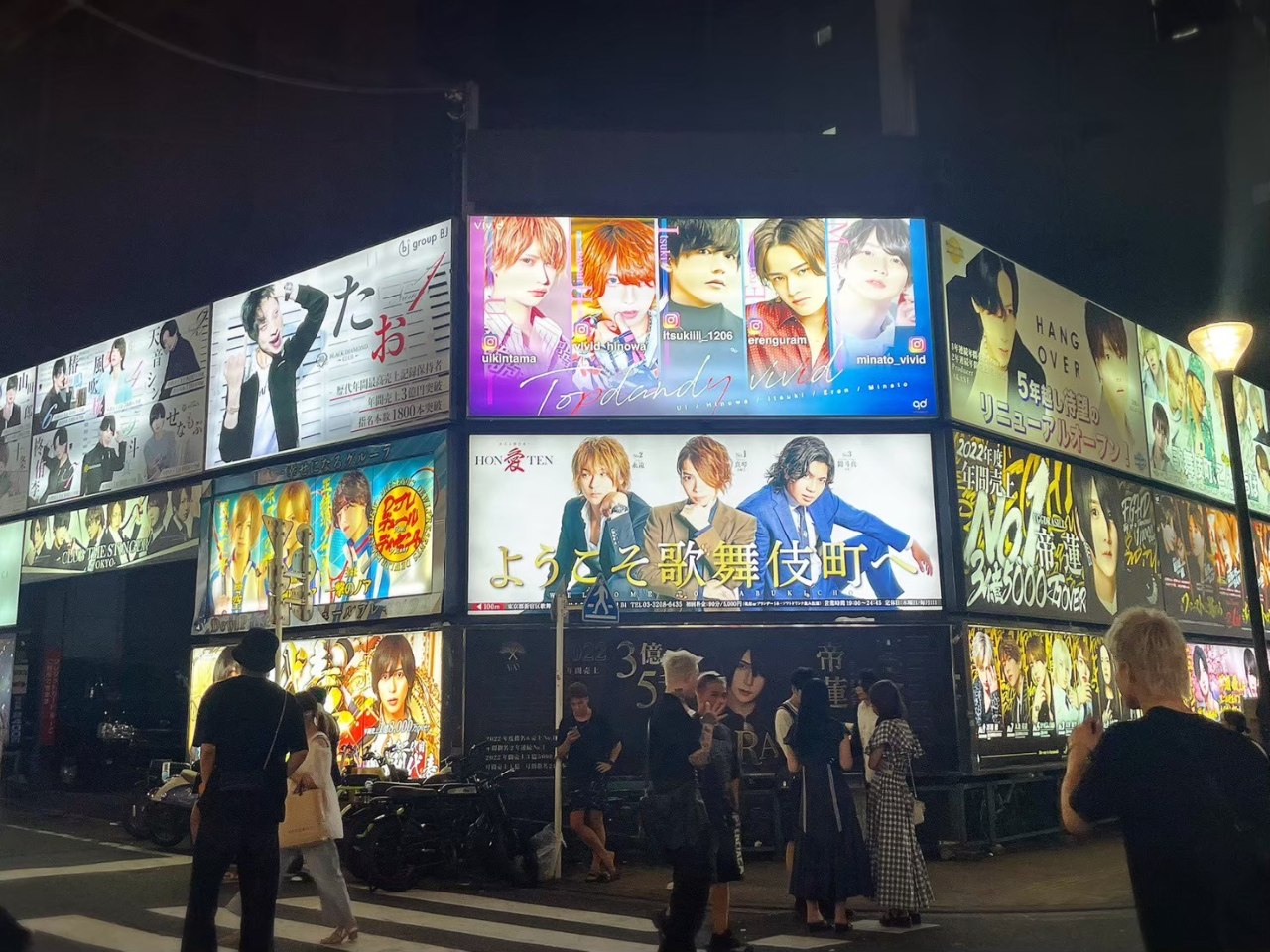
Sex buyers from around the world
Currently, sex buyers gather from all over the world in Kabukichō . Tourists from Europe, the United States, Oceania, Asia and other countries are increasingly buying prostitution as an "experience." It is known that "in Japan you can do things you can't do in your own country. What's more, you can buy women "cheaply"".
In response, the Japanese government is trying to address the issue by strengthening crackdowns on women. In the summer of 2025, multiple news companies collaborated with the police to broadcast videos showing the faces, names, ages, and arrest scenes of four women involved in sex trade, all around 20 years old. The faces of the buyer are obscured by mosaic, their names concealed, and they are not arrested. Nonetheless, the host club that forced them into prostitution and extracted over 100 million yen ($670,000) from them over two years were never held accountable. We are the sole women's organisation in the country protesting against such human rights violations.
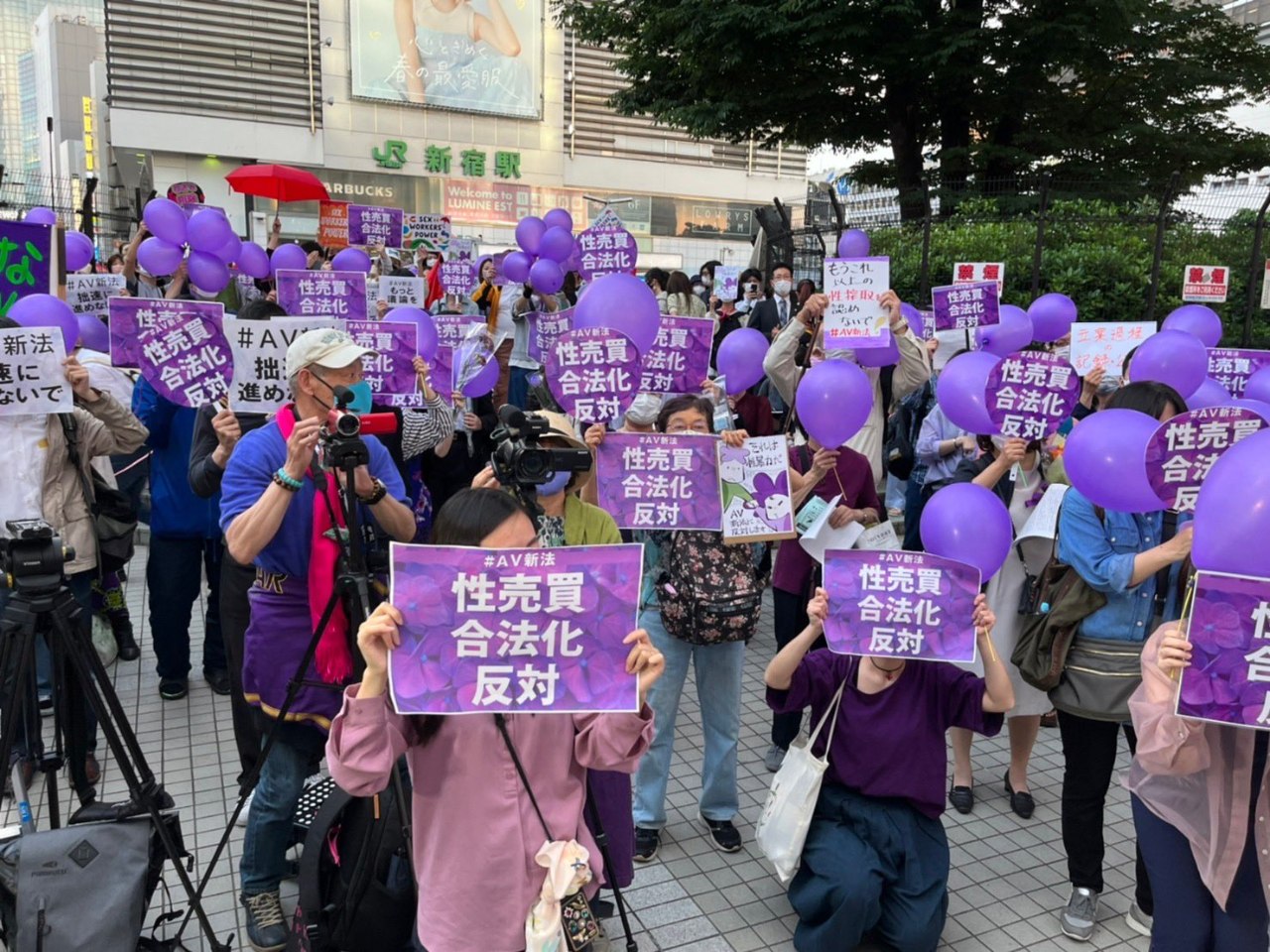
What are the laws regarding the sex trade in Japan?
Japan’s Anti-Prostitution Act ostensibly prohibits prostitution (which refers to insertion only), but only women who trade sex are subject to punishment, and there are no penalties for sex buyers. This discriminatory provision against women has not been revised for 70 years since its enactment in 1956. Japan’s Anti-Prostitution Act has failed to address sex trade as a violation of human rights against women. Instead, the Act has obscured the structure of sexual exploitation by punishing women who have engaged in such sex trades.
In Japan, the Act on Control and Improvement of Amusement Business permits all possible forms of sex trading to be conducted legally. There are "free information centres" everywhere in downtown areas across the country, introducing men to places where they can purchase women of all ages, from the young to the elderly. In Kabukichō , Shinjuku, these free information centres are located just metres apart. How much better it would be if there were centres guiding women to welfare services rather than selling them.
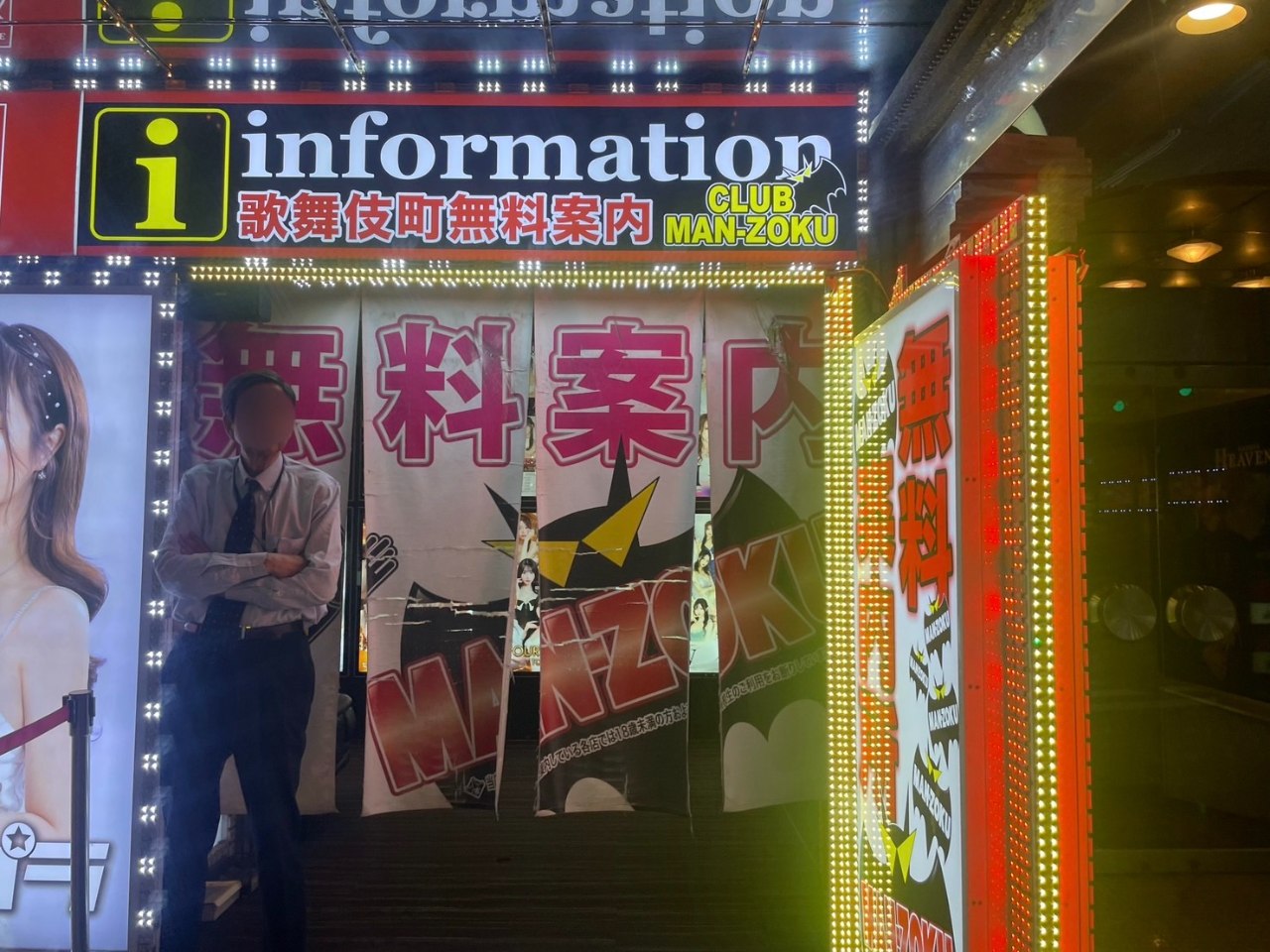
Some places specialise in pregnant women, breastfeeding, and women during periods covered by Act on Support for Women Facing Difficulties, and others advertise that you can buy women with disabilities. One shop’s website states, "though she may not understand much due to her intellectual disability, she is quite obedient and always smiling. Feel free to mould her to your liking☆. "
Within the sex trade, all forms of violence are treated as services. Some places include free options such as inflicting physical harm on women, forcing them to ingest faeces or urine, or walking them while blindfolded and collared. Many shops operate on the premise of penetration, an act that should be prohibited by law.
Colabo campaigns for legislation that does not penalise women involved in the sex trade, instead criminalising the act of purchasing sex, and provides support for women seeking to leave the industry.
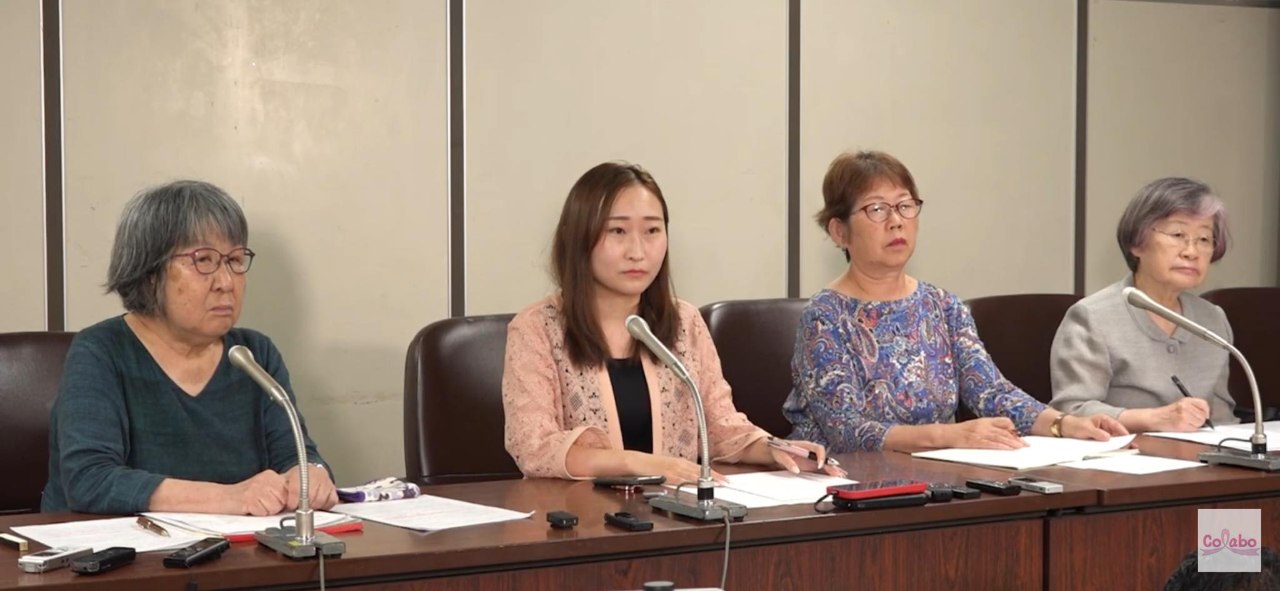
The backlash against feminism and the monetisation of misogyny
For the 15 years since Colabo began its activities, it has consistently been subjected to rumours and defamatory attacks. This has become particularly severe in recent years. The background to this includes the recognition of the necessity of Colabo’s work, its designation as a national model project in 2018, and our involvement in the enactment of the Act on Support for Women Facing Difficulties in 2022.
When the support for young women was legally established and Colabo’s work began spreading nationwide, false claims such as ‘accounting fraud’ were disseminated against Colabo by sex trade operators and buyers. This was accompanied by politicians connected to the sex trade industry.
Obstructed, the term “sex trade” was removed from the national basic plan for women's support legislation. Meanwhile, perpetrators spreading false information have raised over 200 million yen ($1.3 million) in donations under the banner of “fighting against Colabo”, and several have stood for election and been elected. Learning that attacking women’s support yields financial gain and votes, others are now copying this behaviour.
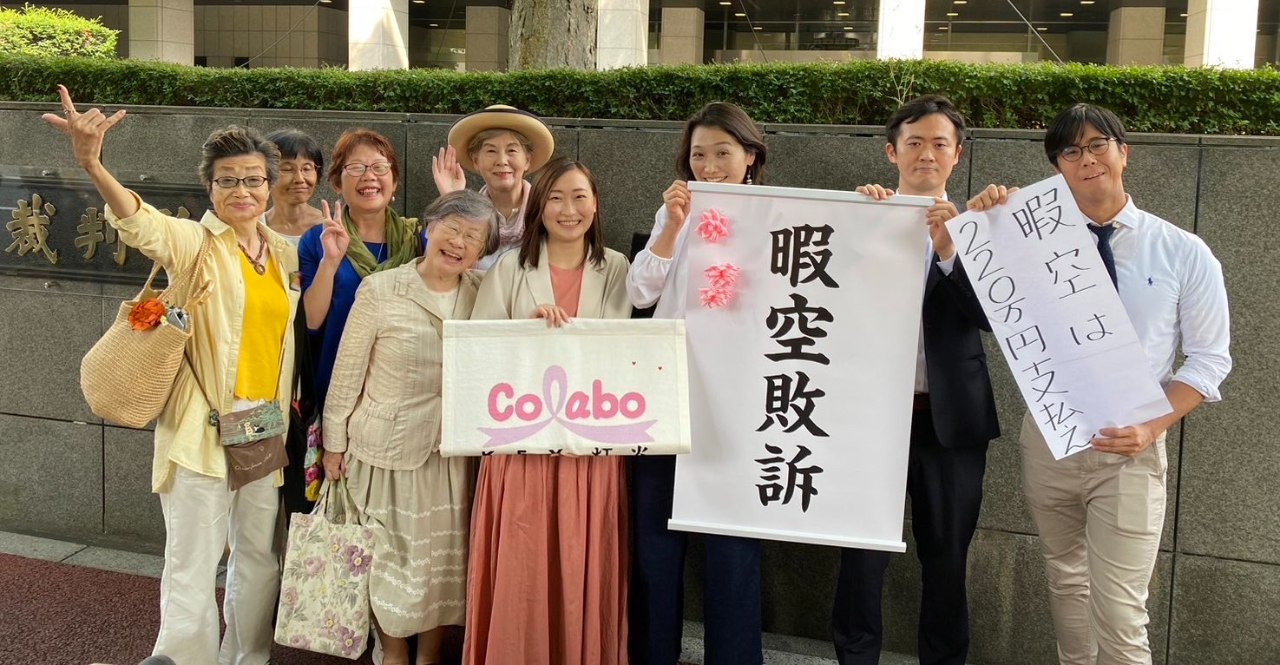
Colabo won all 20 or more trials in this hoax, making it clear that there was no accounting fraud. However, violence from countless people who believed the hoax did not end up on the internet, including identifying staff homes and shelters, stalking or surveillance of our bases of operations, sending large quantities of unpurchased items, sending only one sanitary napkin, killing threats and rape threats, threats at the site of the activity, shouting obscene words, and video footage.
The Tokyo Metropolitan Government and Shinjuku City demanded Colabo cease its activities, citing obstruction and claiming it was ‘dangerous’, and expelled us fromKabukichō . This became a success story for the perpetrators, and the damage is spreading to women’s human rights organisations nationwide. Subsequently, at the organisation commissioned by the Tokyo Metropolitan Government to replace Colabo, incidents have occurred such as sexual violence within the facility, intervening for sex trade, and staff recommending drugs to those seeking help. Sex trade operators have infiltrated ‘women’s support’ services, intensifying their activities.
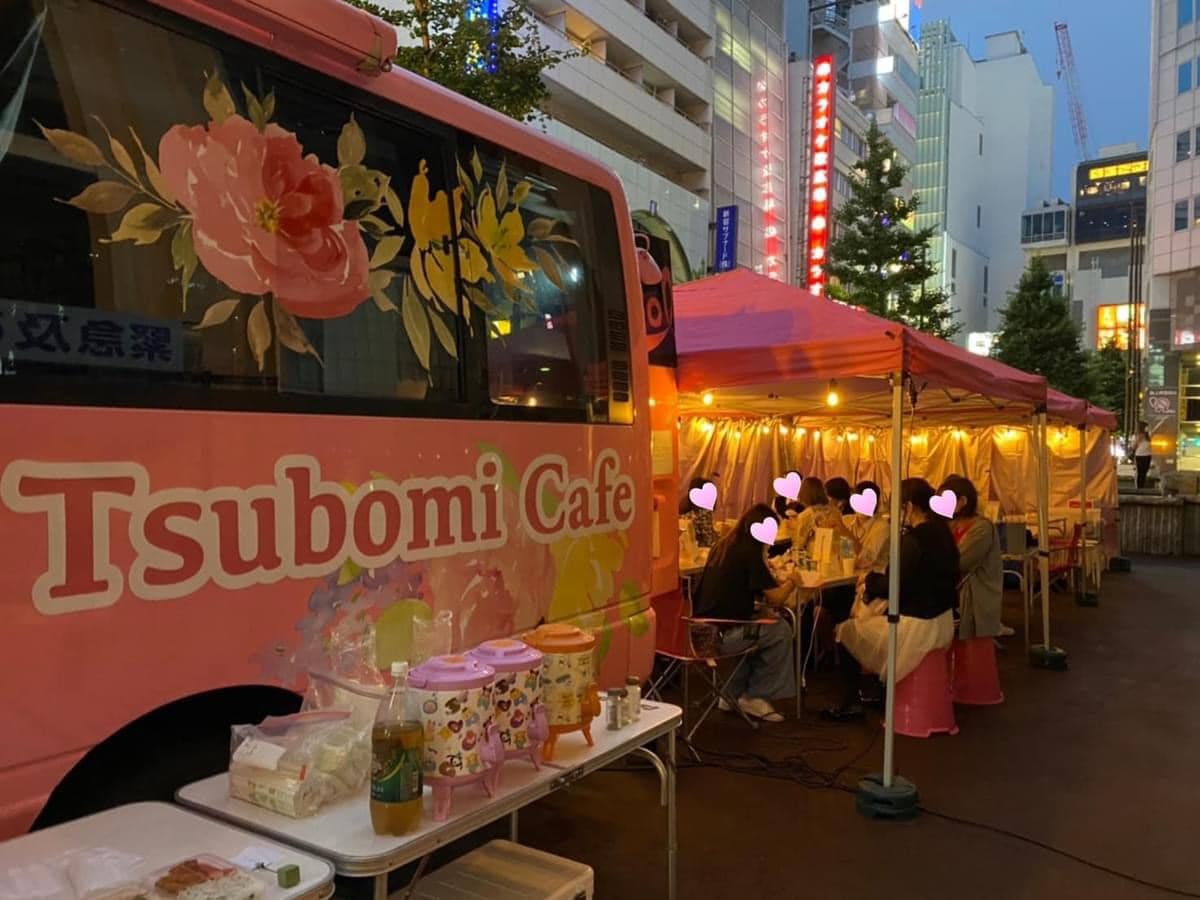
Attacks against women who speak out have escalated in recent years, attempting to silenceus . Unless we continue resisting sexual exploitation, opposing discrimination against women, and refusing to be silenced, this violence will not cease.
Therefore, we plan to establish the Women’s Human Rights Centre. We wish to create a base for women’s activities where they will not be intimidated by harassment or violence from a male-dominated society, nor fear being driven out. We aspire for it to be a place where women across generations connect, resist discrimination, and build solidarity among women. We want to build an unshakable base for women, through women’s own strength. To achieve this, we need solidarity and support from around the world. Your support is greatly appreciated.
Yumeno Nito
Founder & Representative, Sexual Exploitation Victims Support Center Colabo
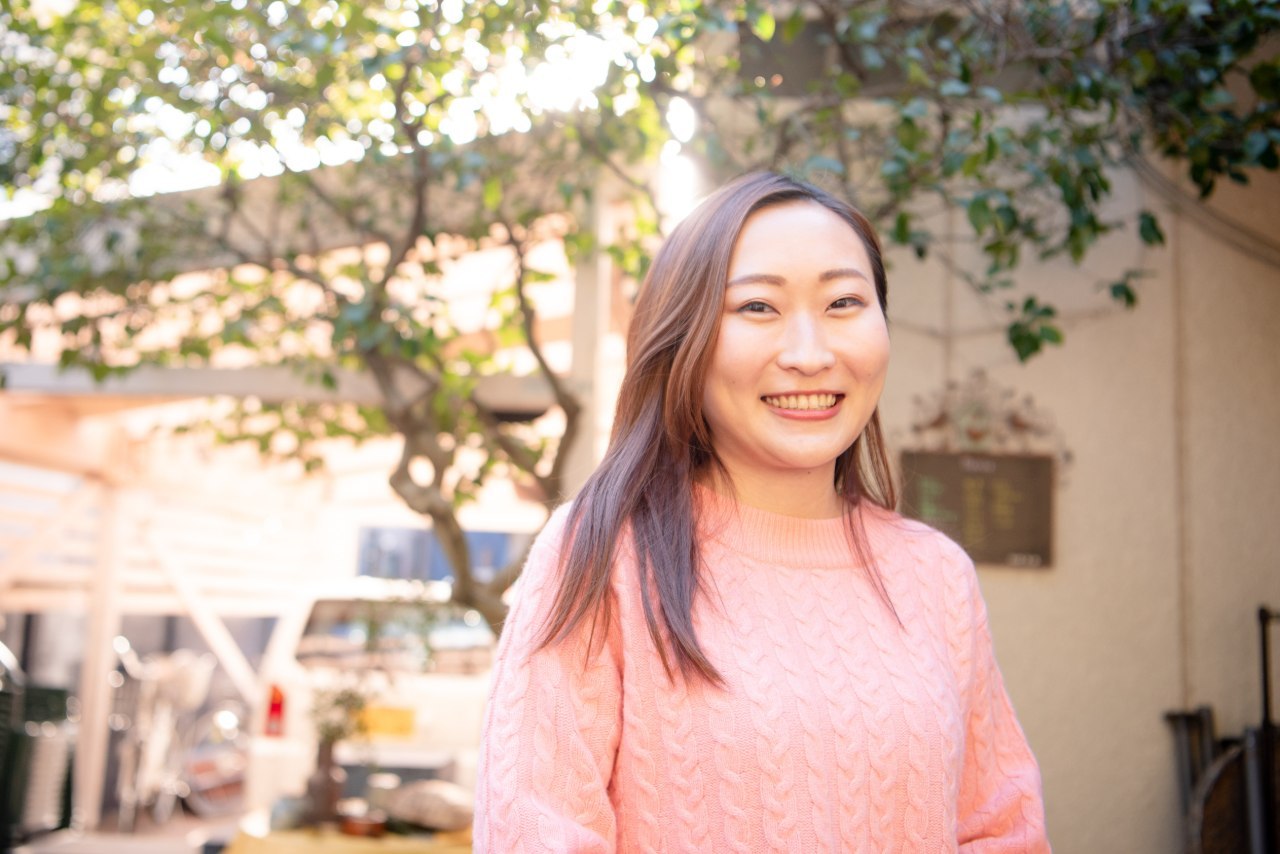
Vision for the Women’s Human Rights Centre
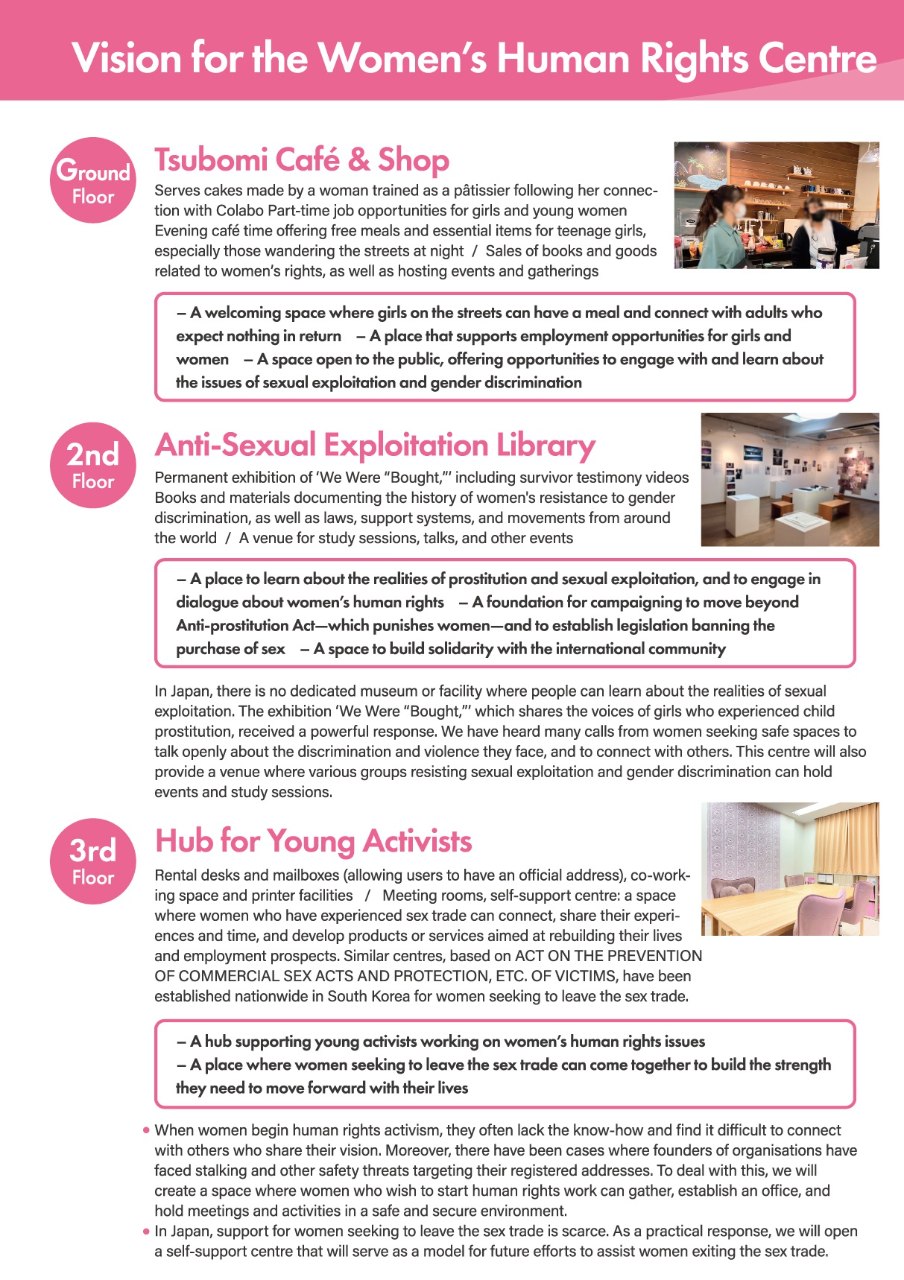
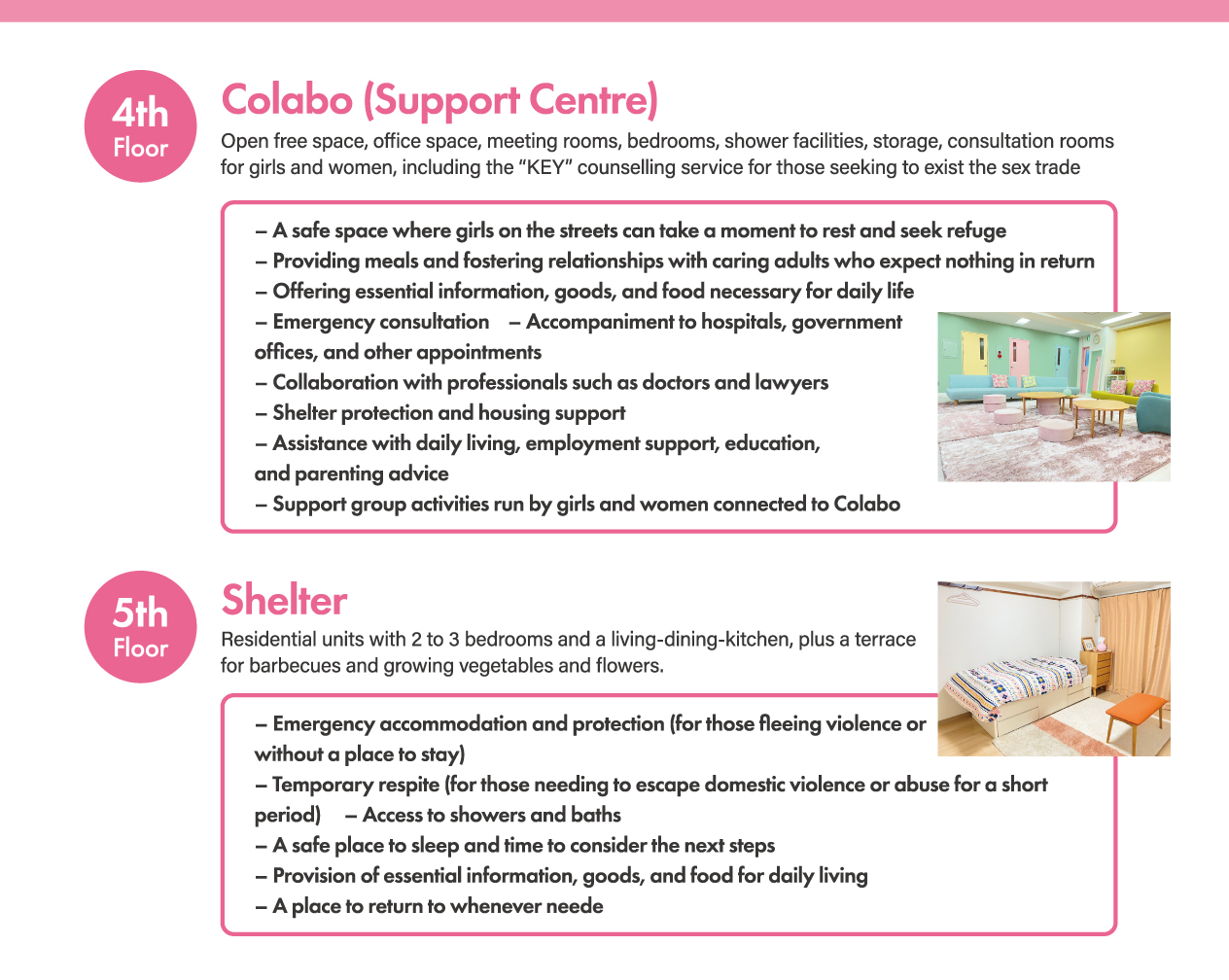
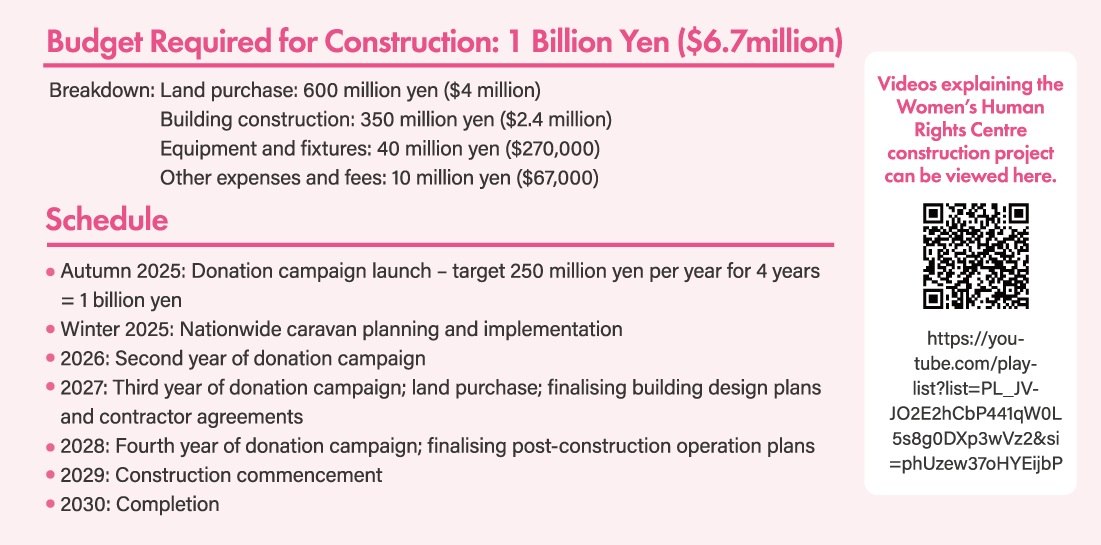
About Colabo
Our Vision: A society where girls do not face exploitation or violence
Our Mission: Ensuring every girl has access to necessities of life and meaningful relationships
Our Value: Walking alongside the girls
Since 2011, we have sustained the following activities, supporting over 10,000 girls to date
- Night-time outreach (locating and engaging girls wandering the streets to establish connections)
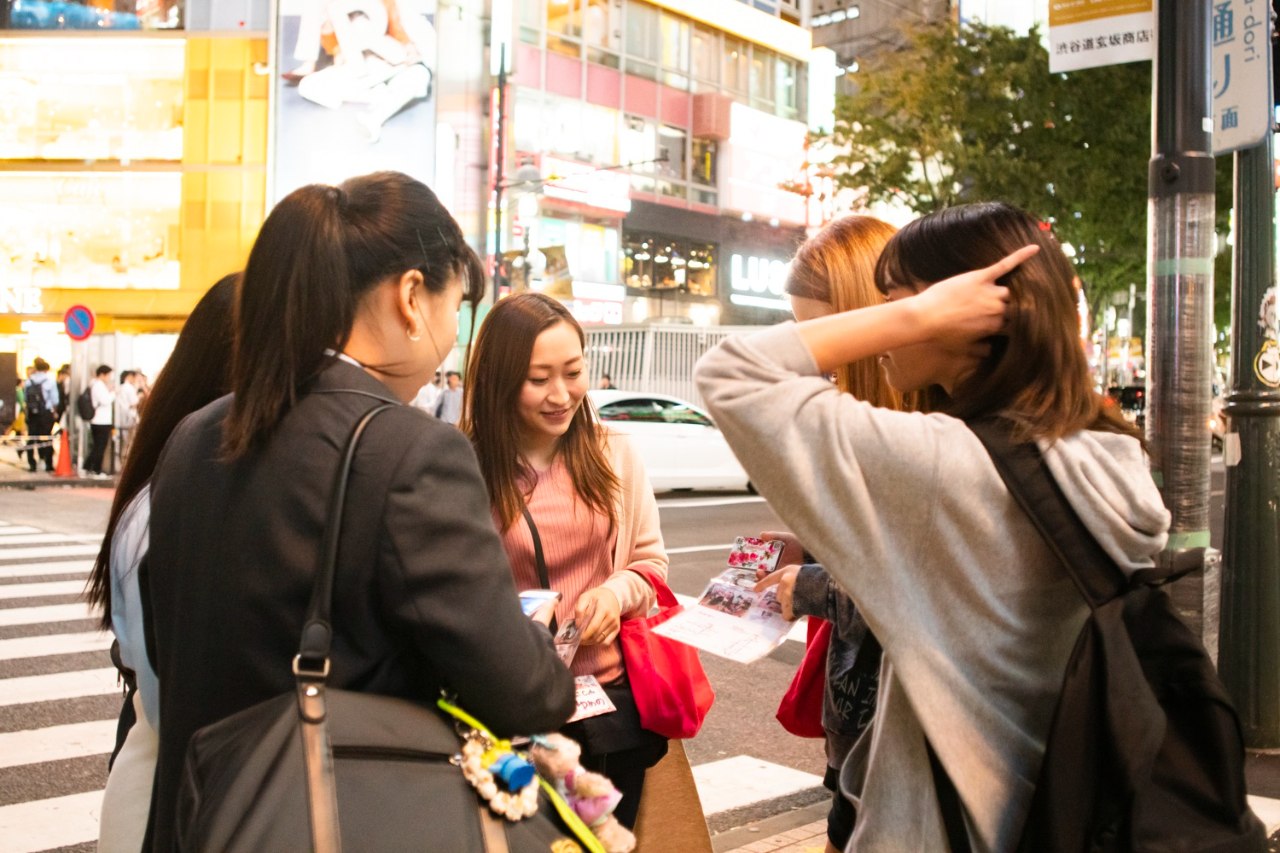
- Hosting free night cafés for teenage girls (providing rest, meals, charging points, counselling, and supplies/clothing in entertainment districts)
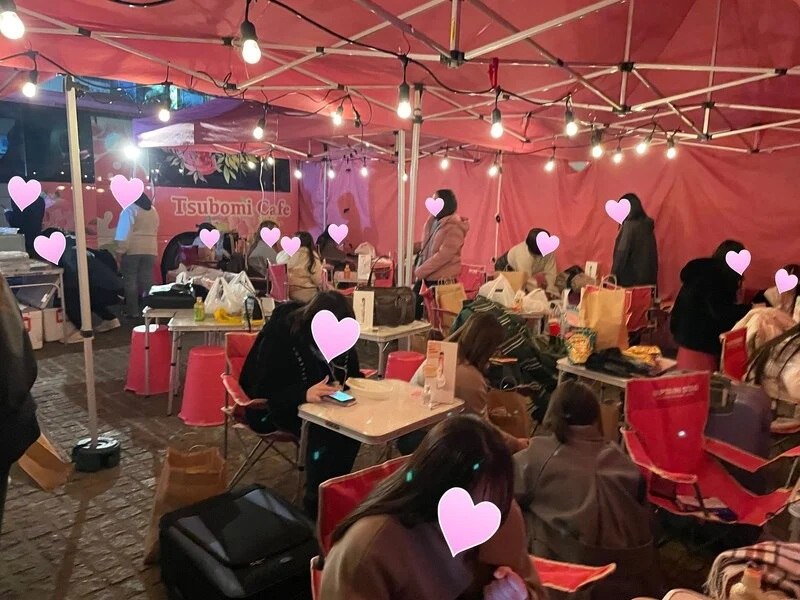
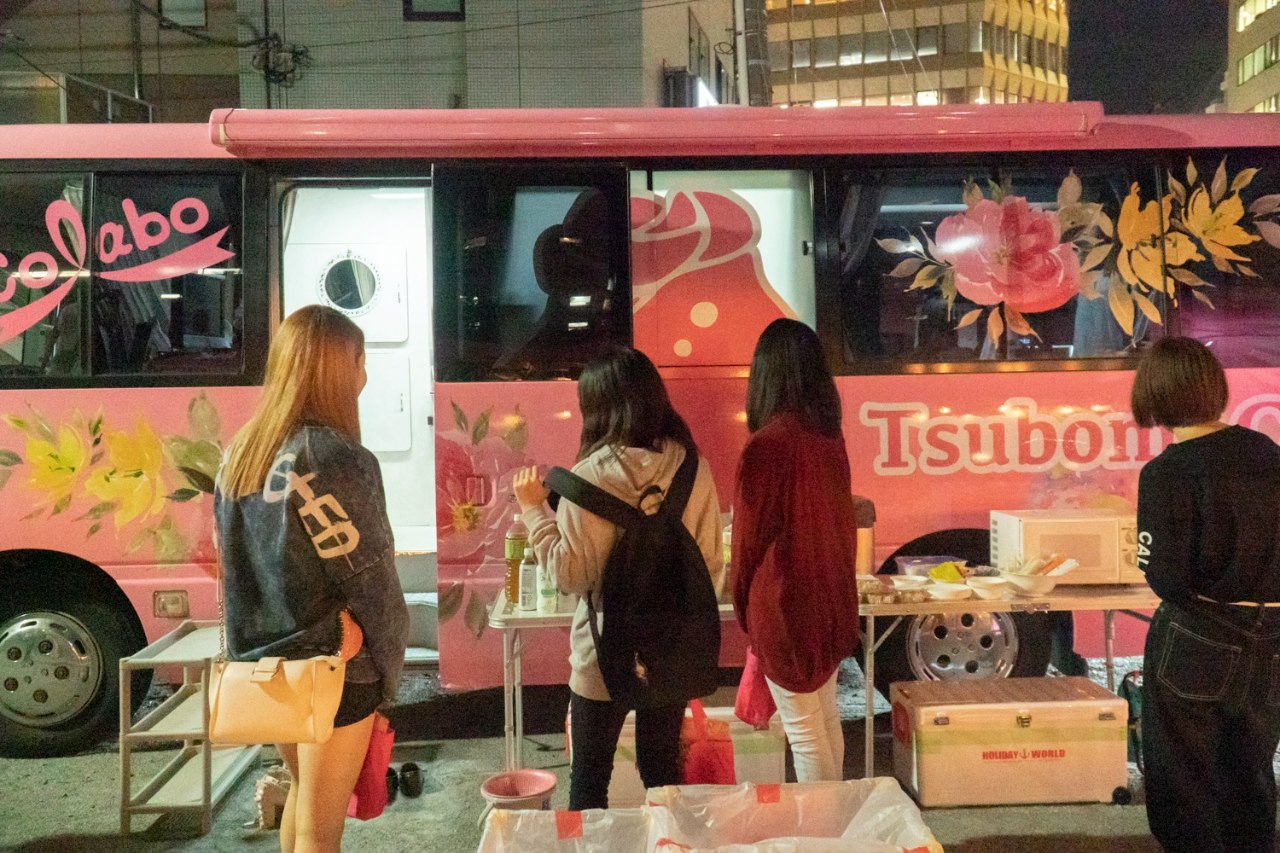
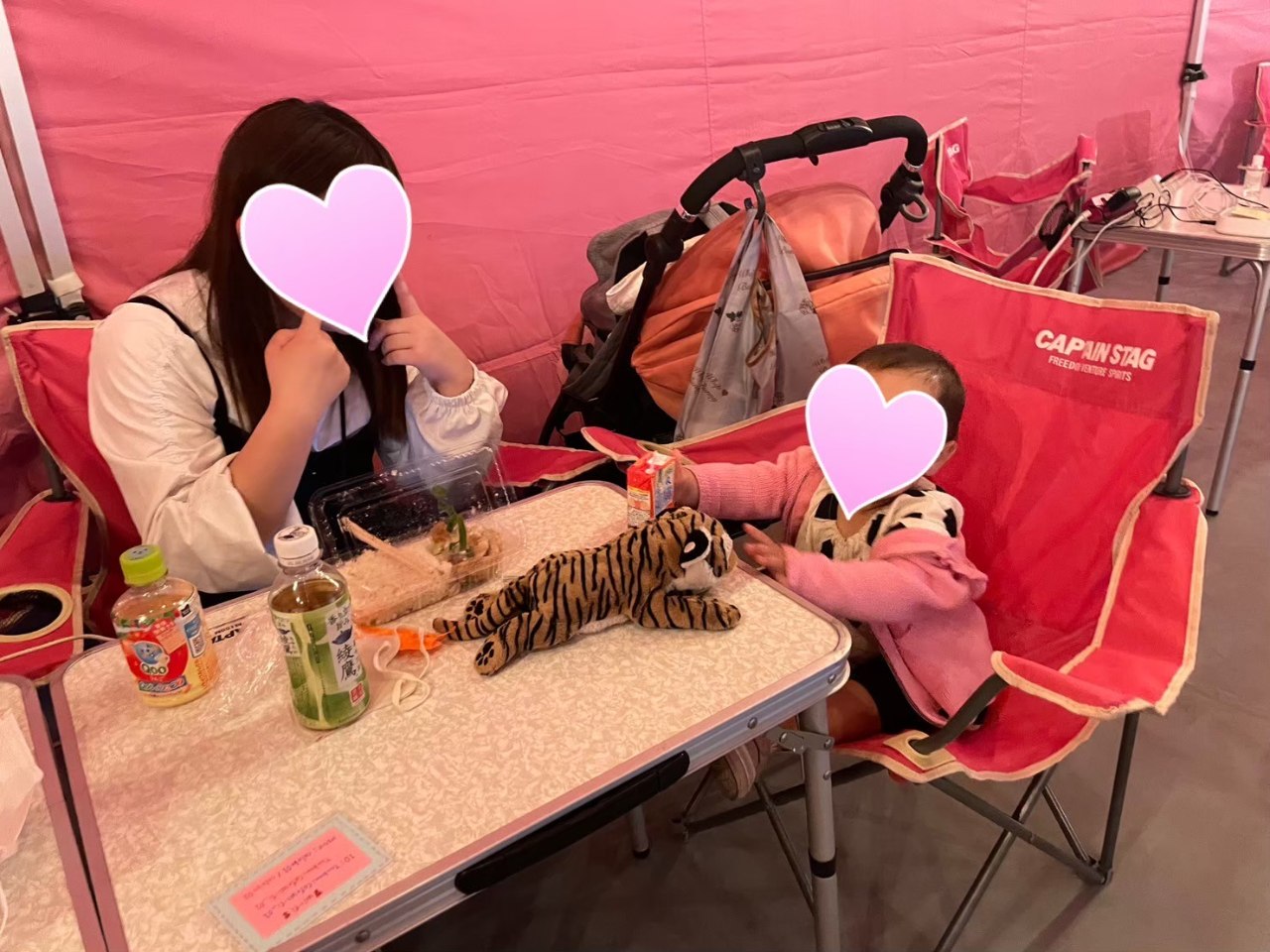
- Counselling services and accompaniment support (for medical/legal assistance and liaison with authorities)
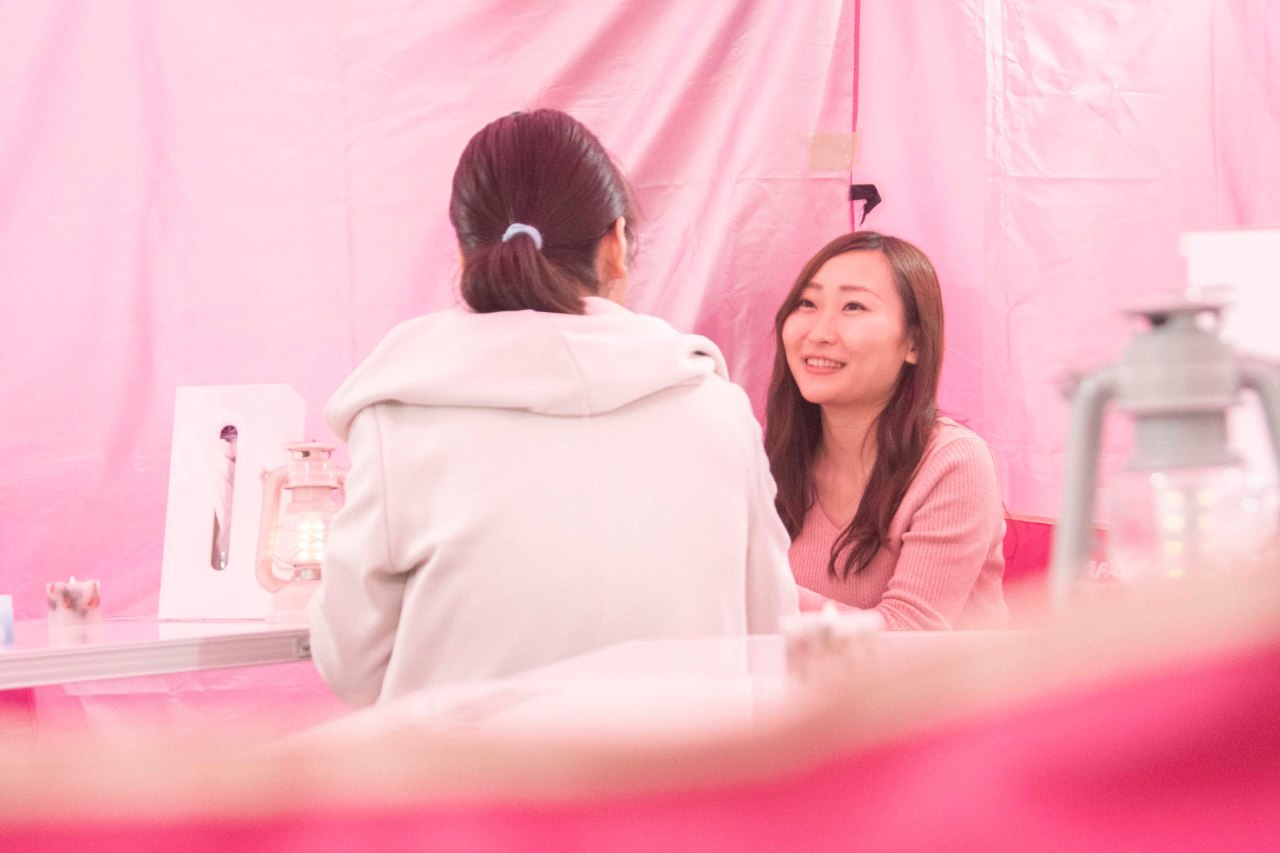
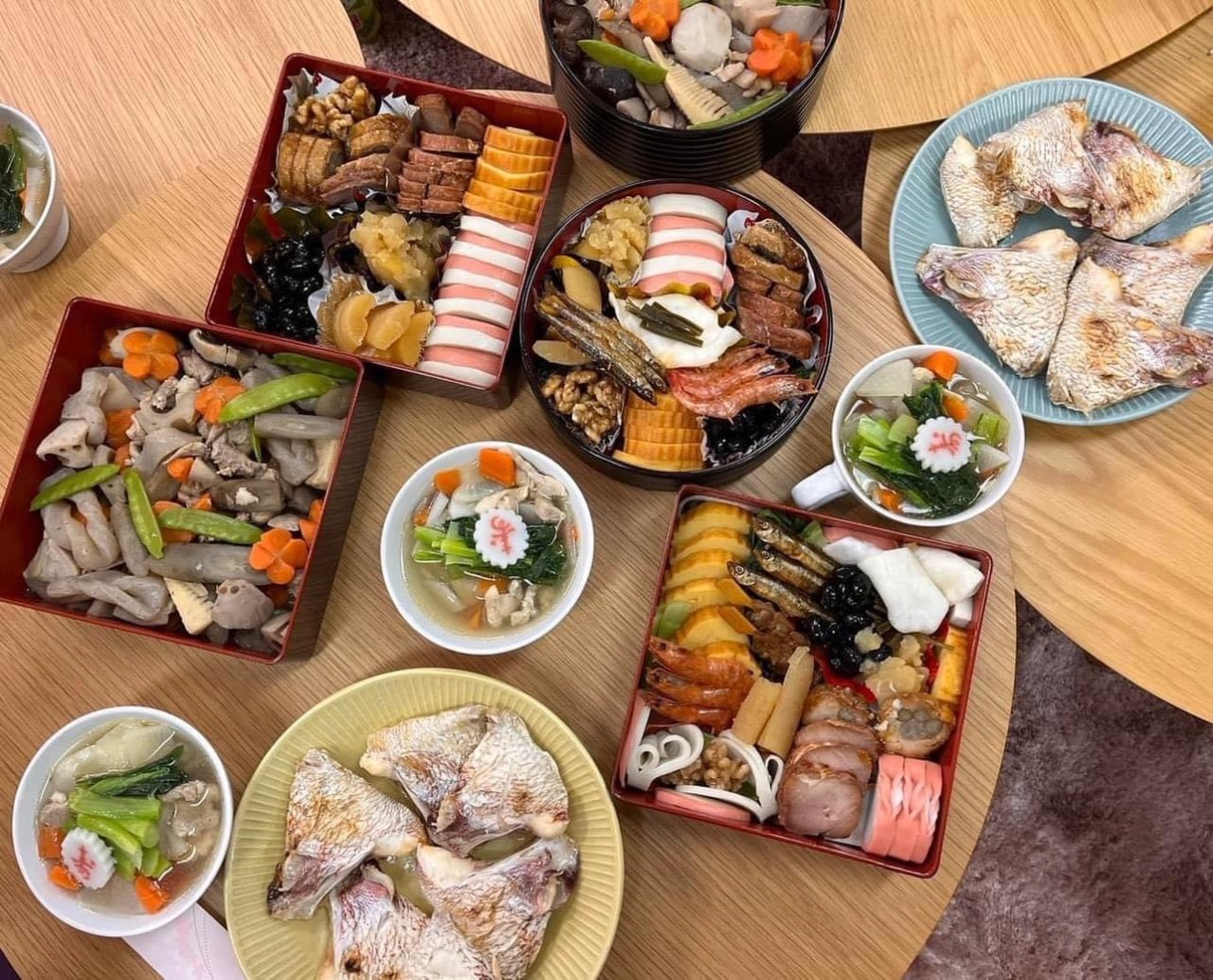
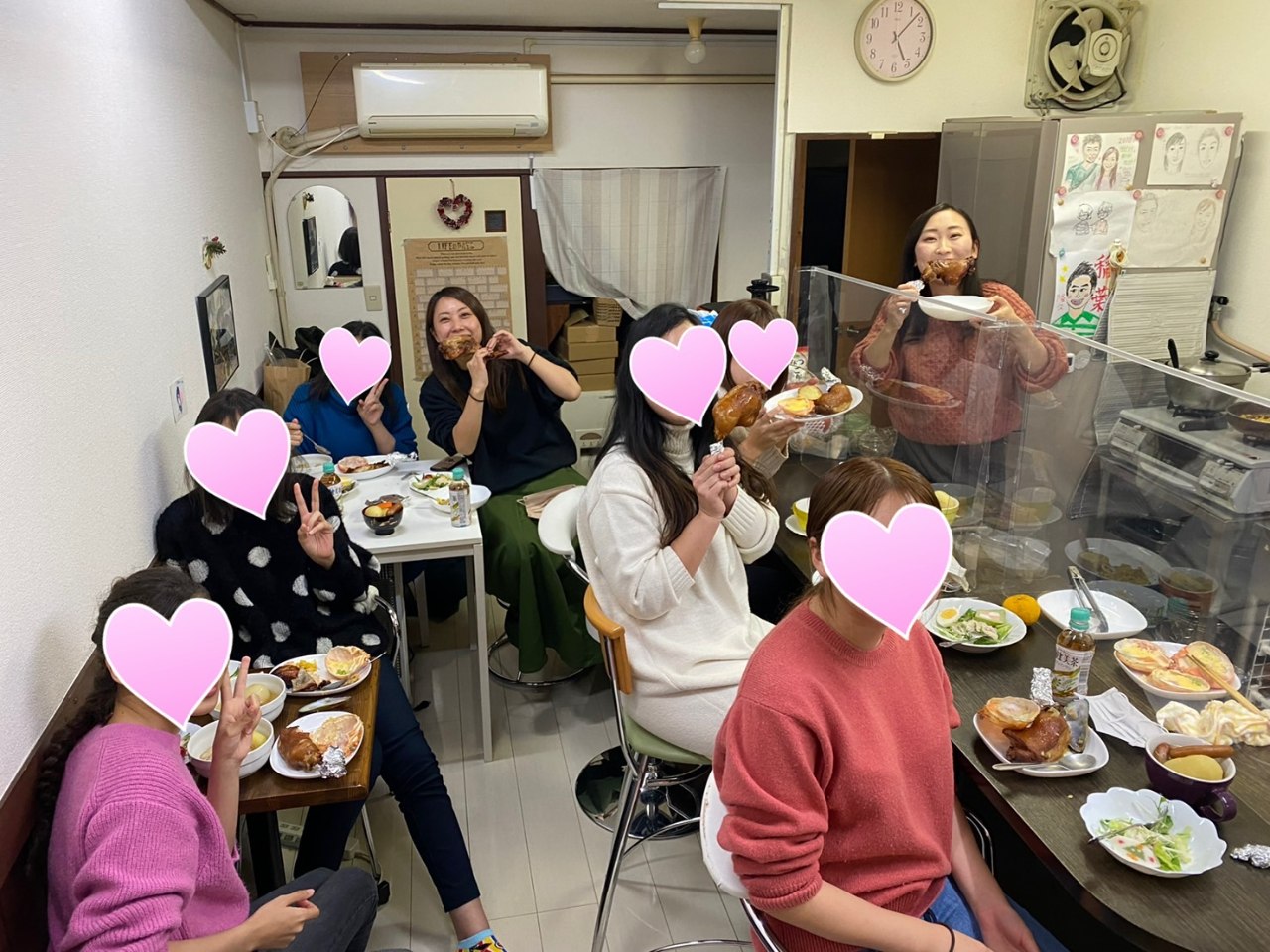
- Protection and accommodation support in emergency shelters
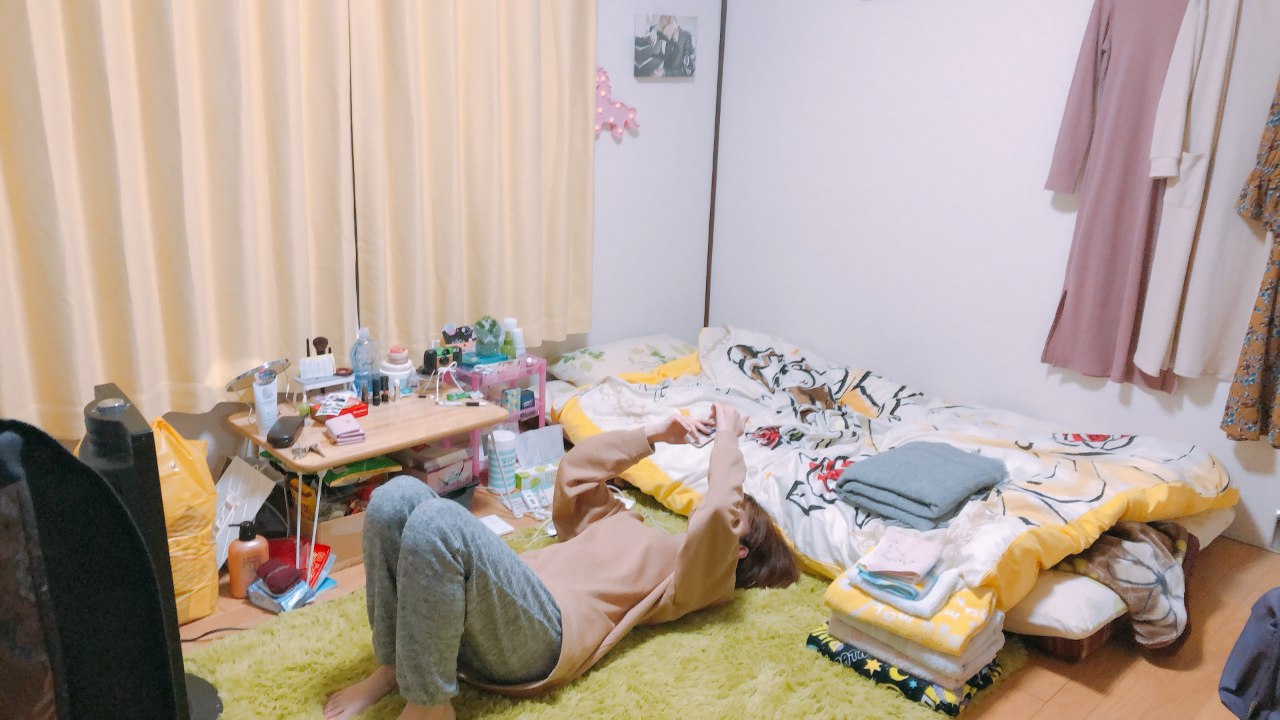
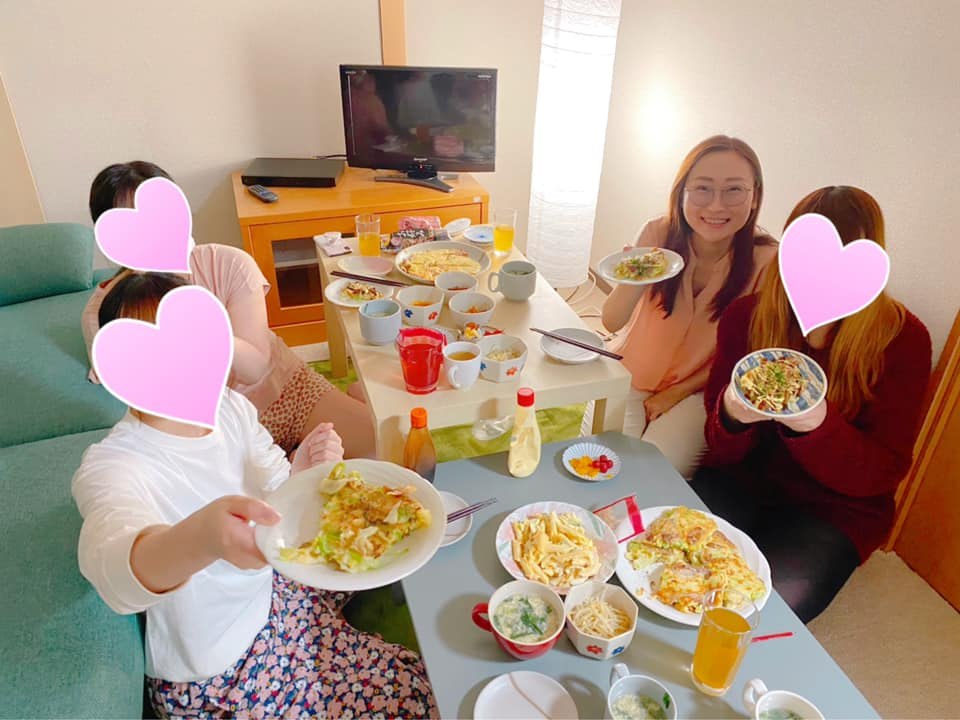
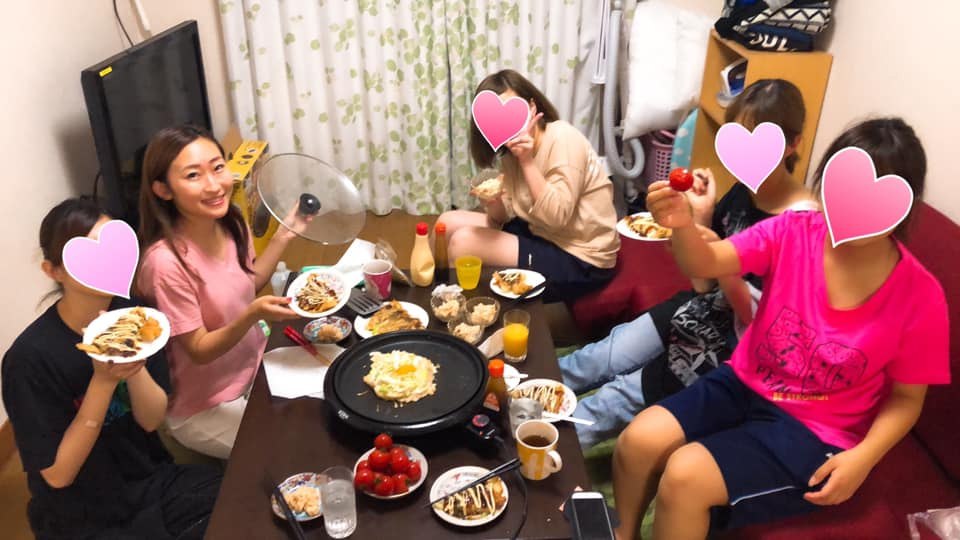
- Providing housing in medium/long-term shelters or apartments, alongside life support and employment assistance
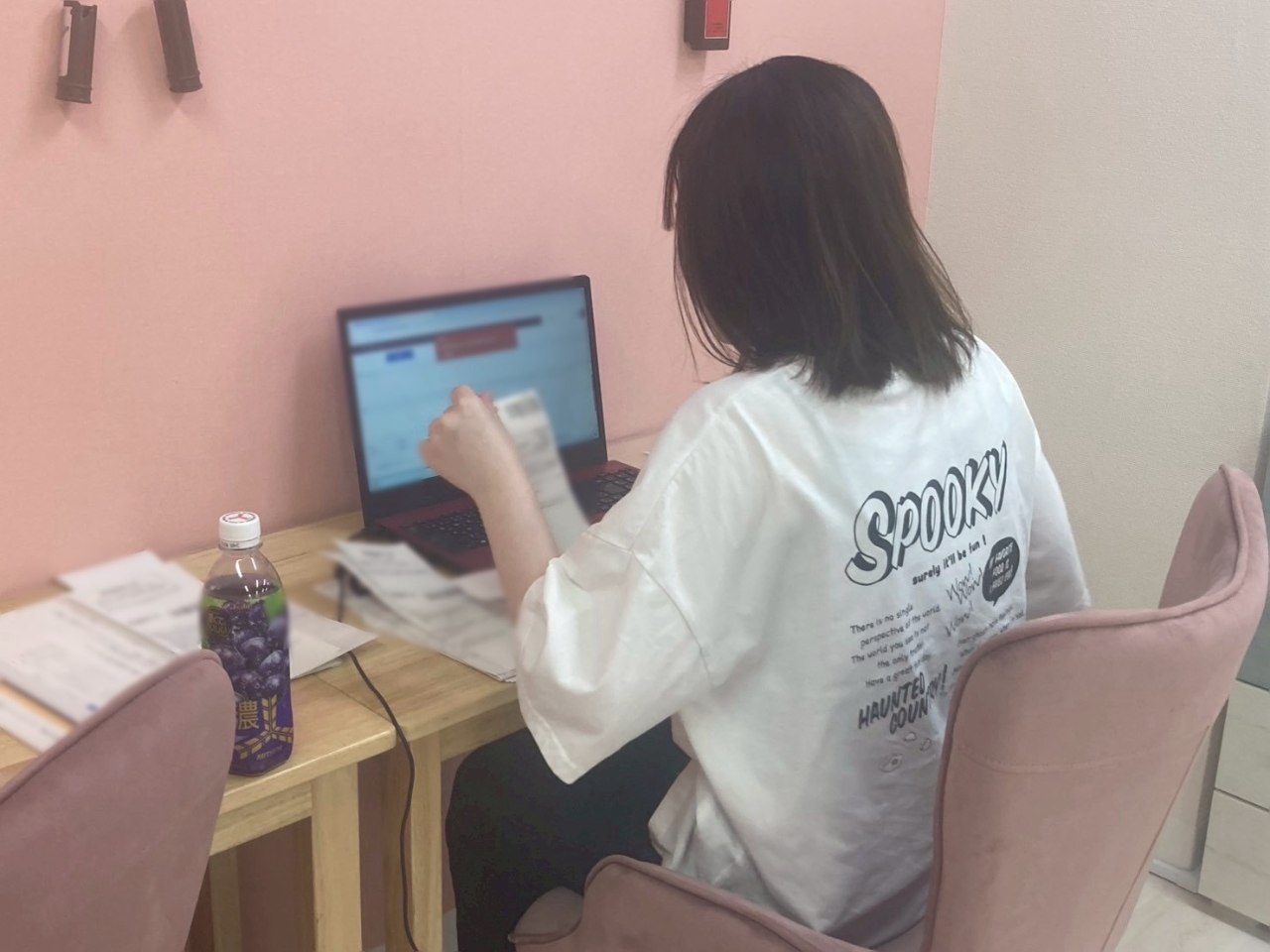
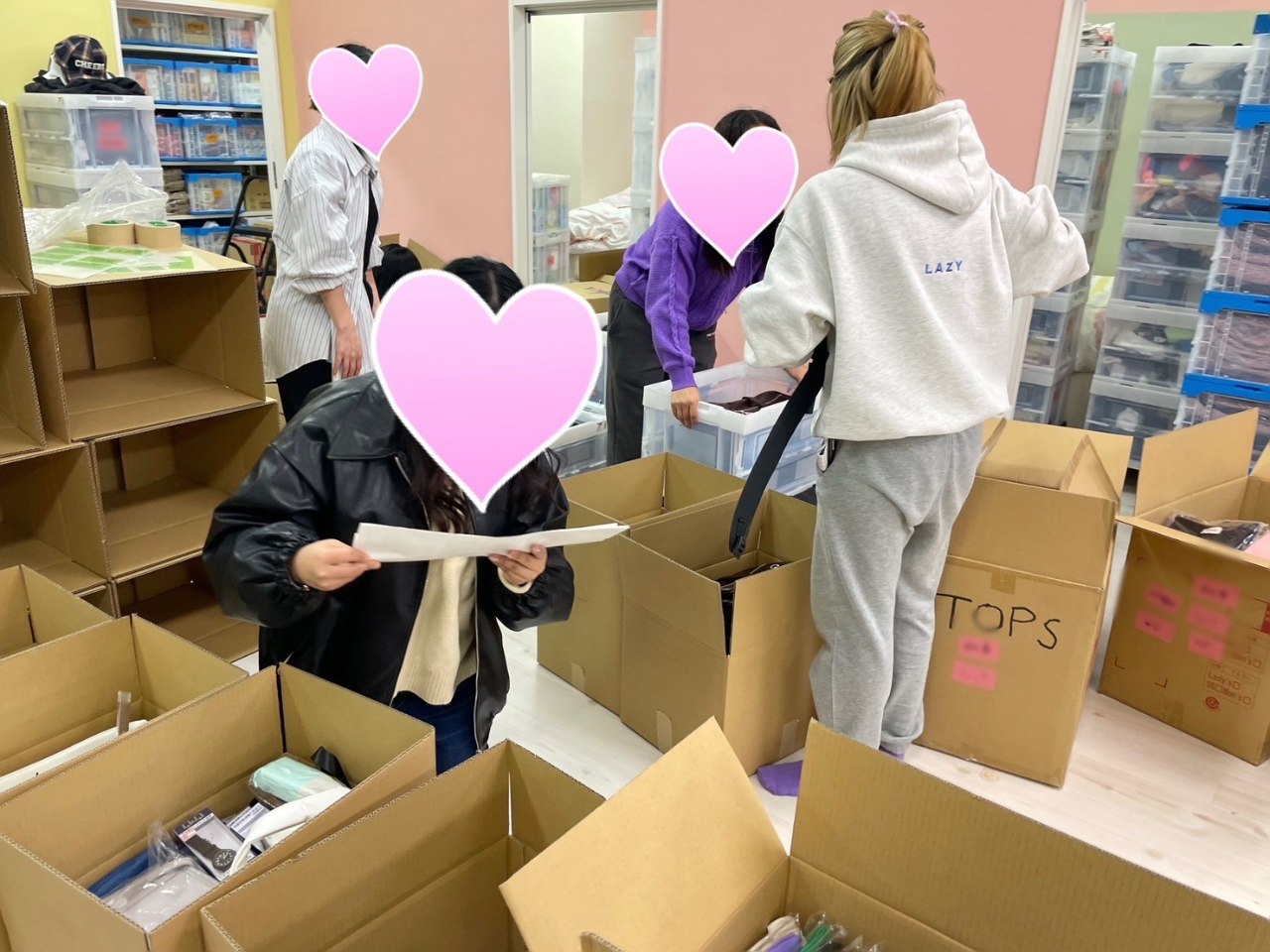
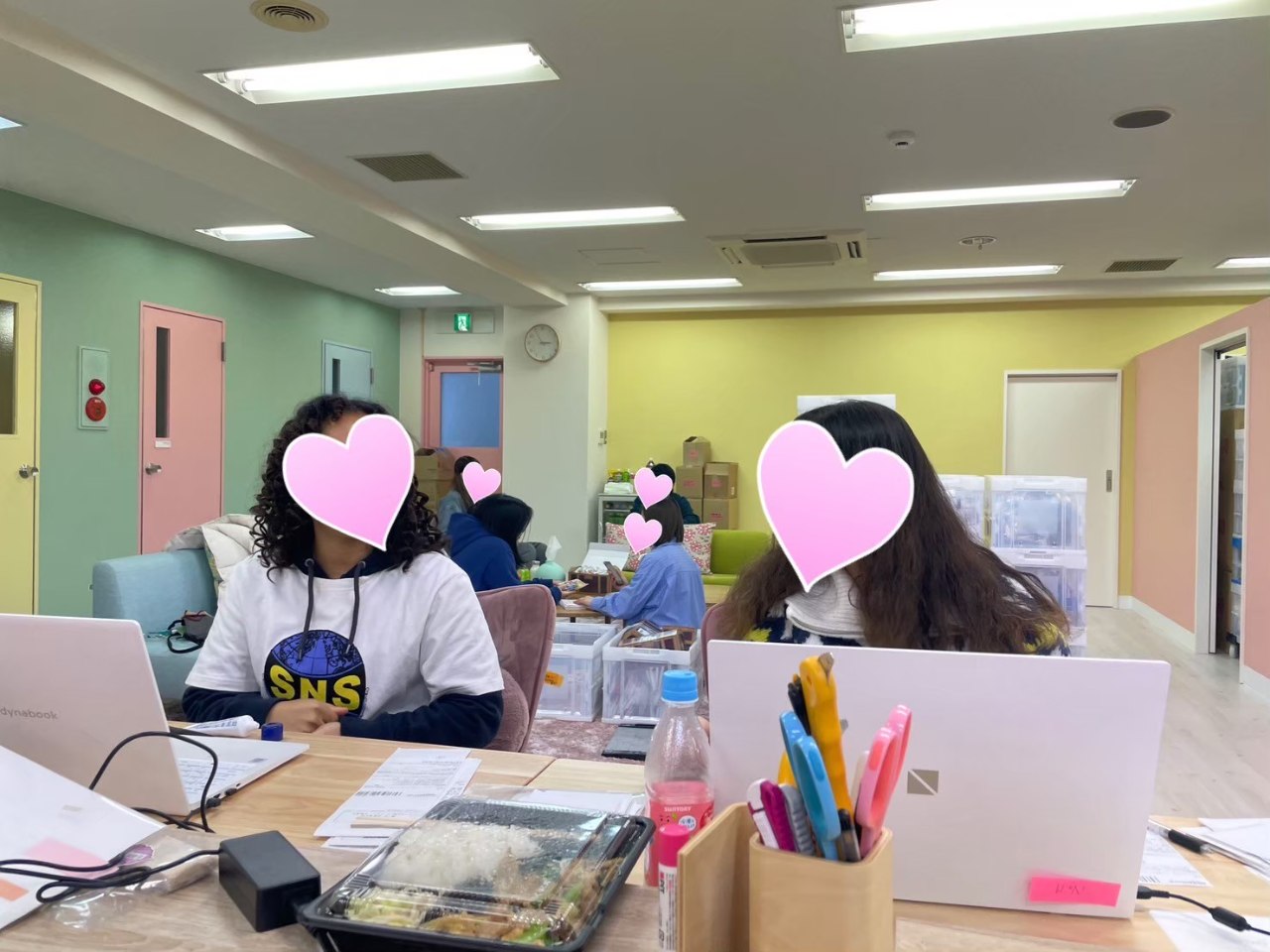
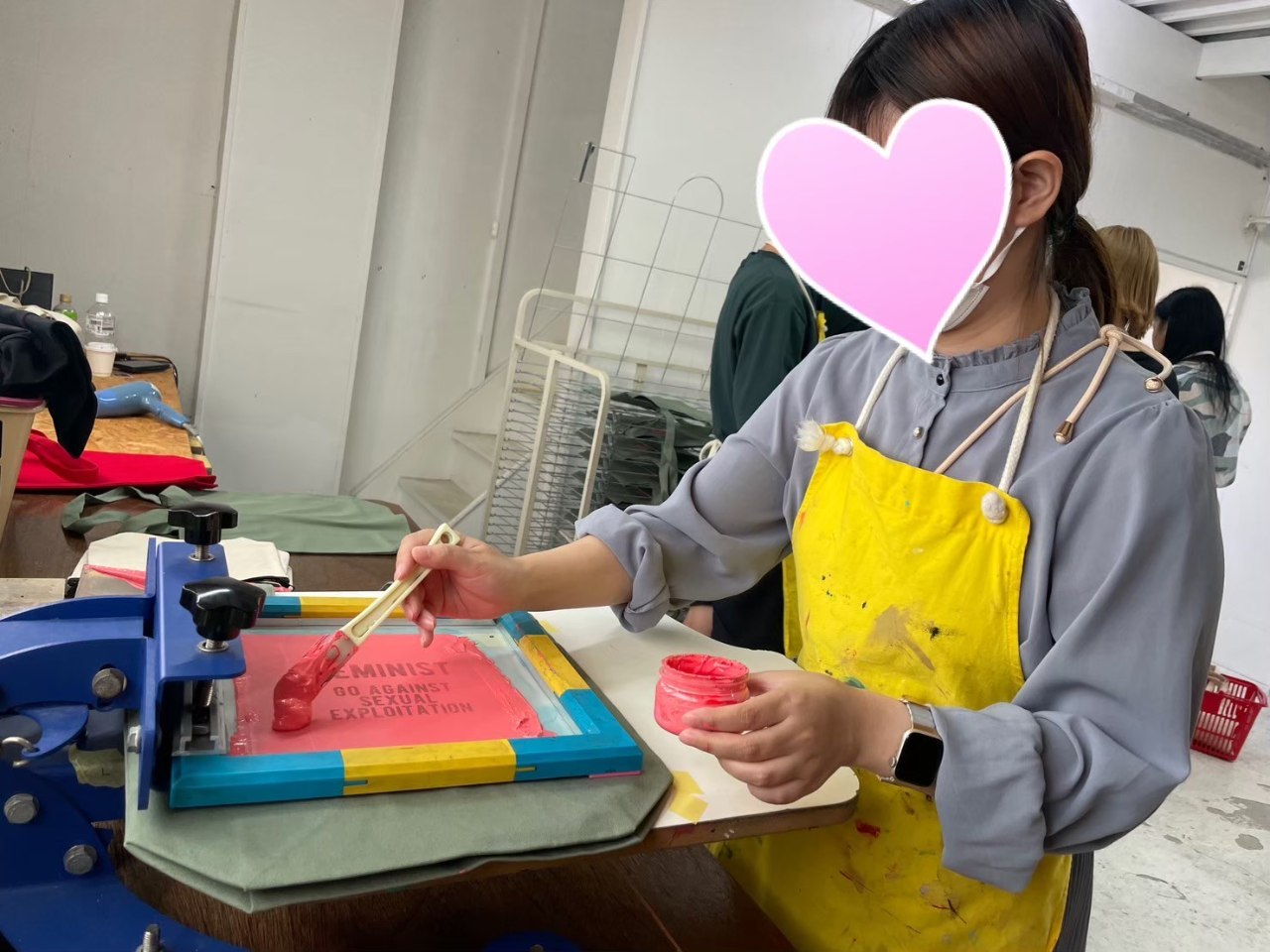
- Self-help group activities led by survivors, and the exhibition ‘We Were “Bought”’ exposing child sexual exploitation realities
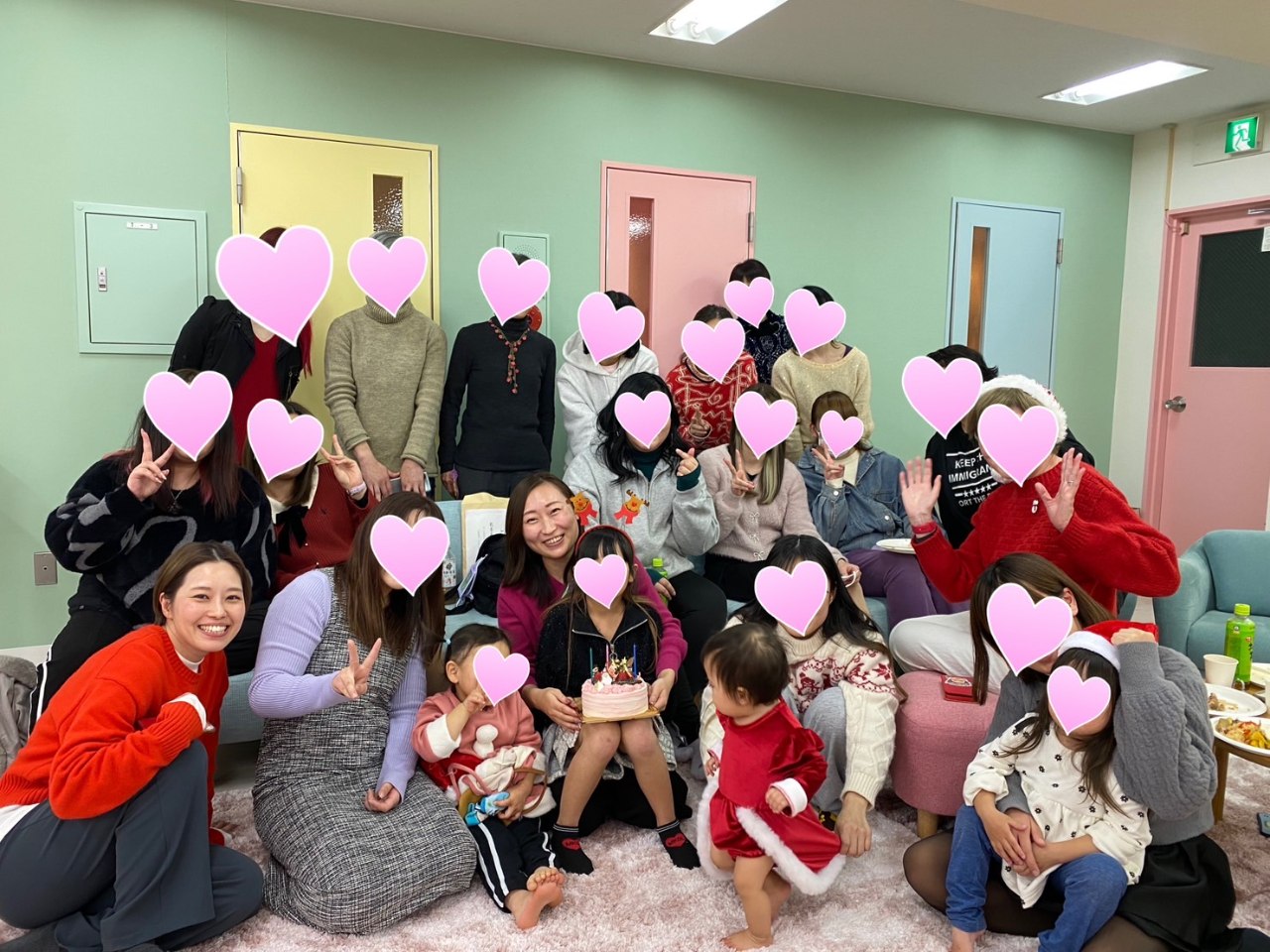

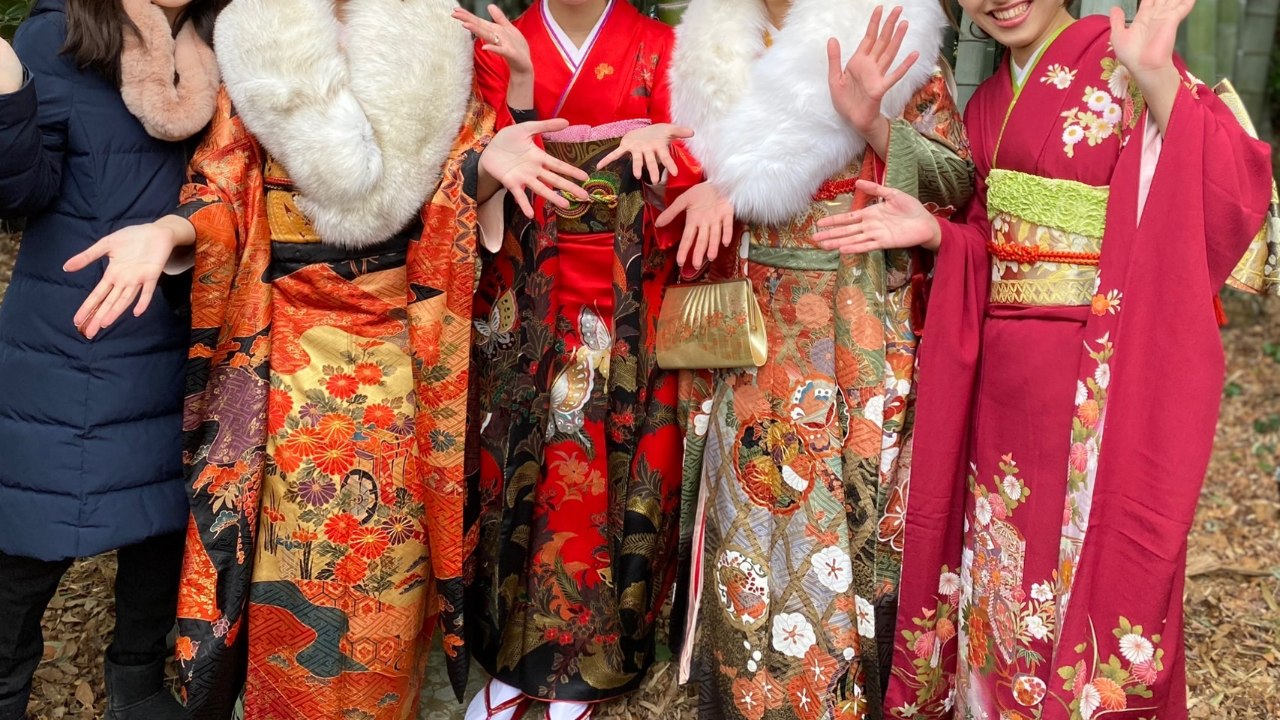
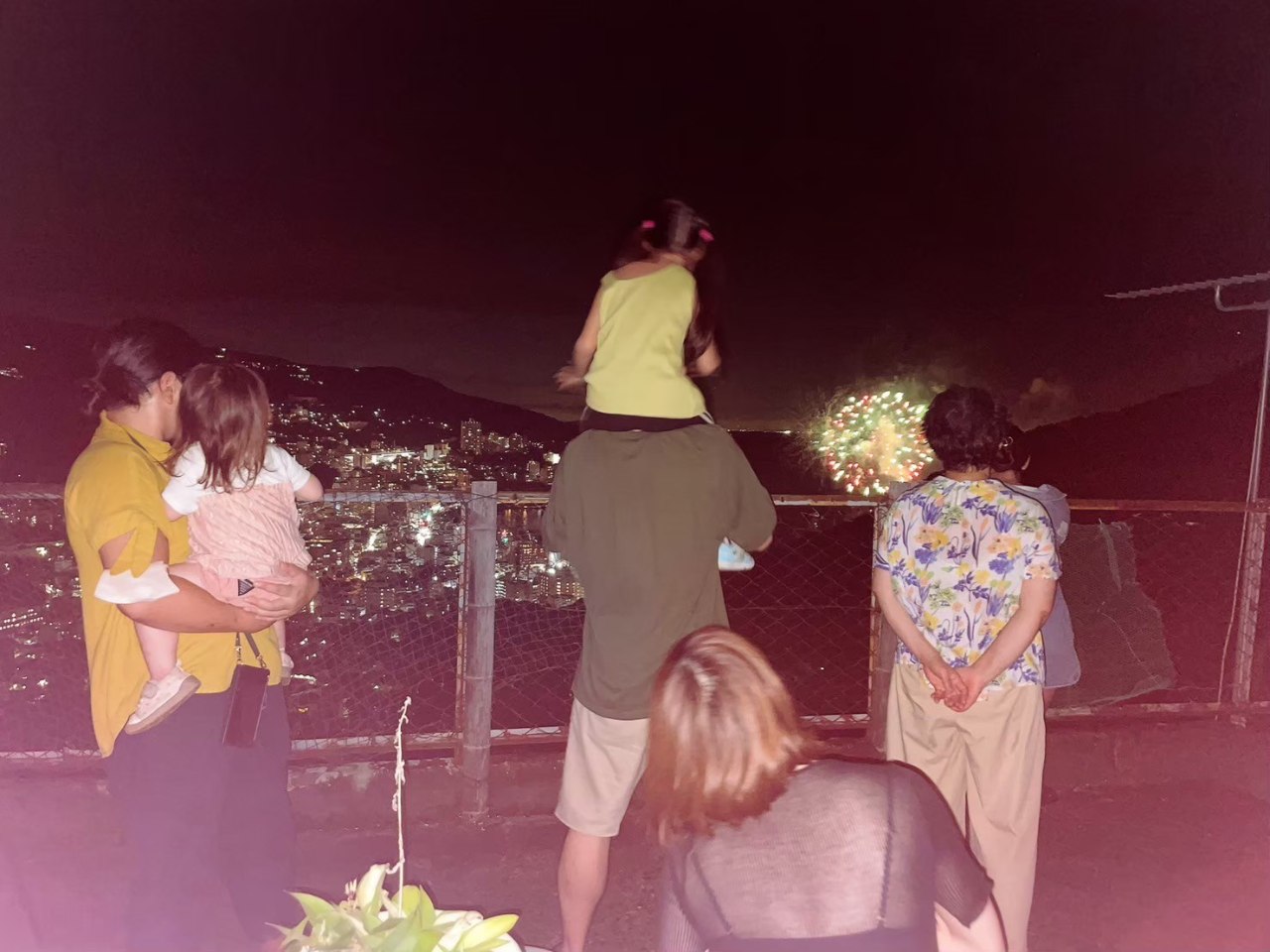
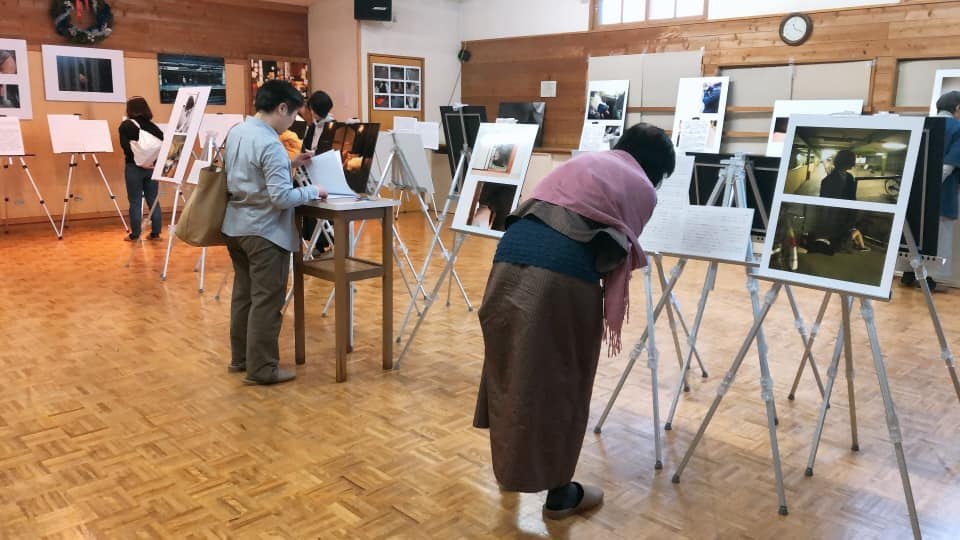
- Lectures, supporter training workshops, and policy advocacy
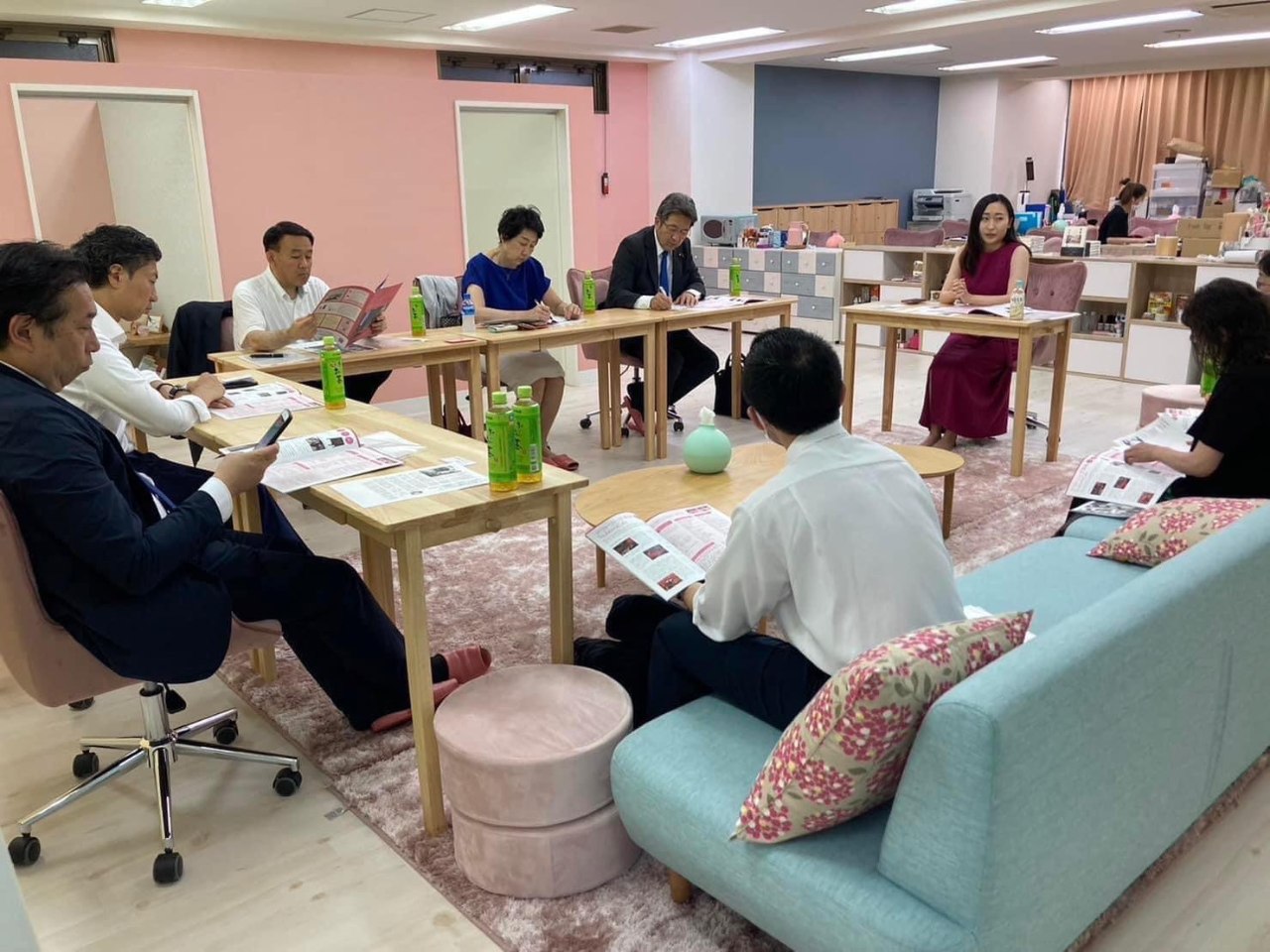
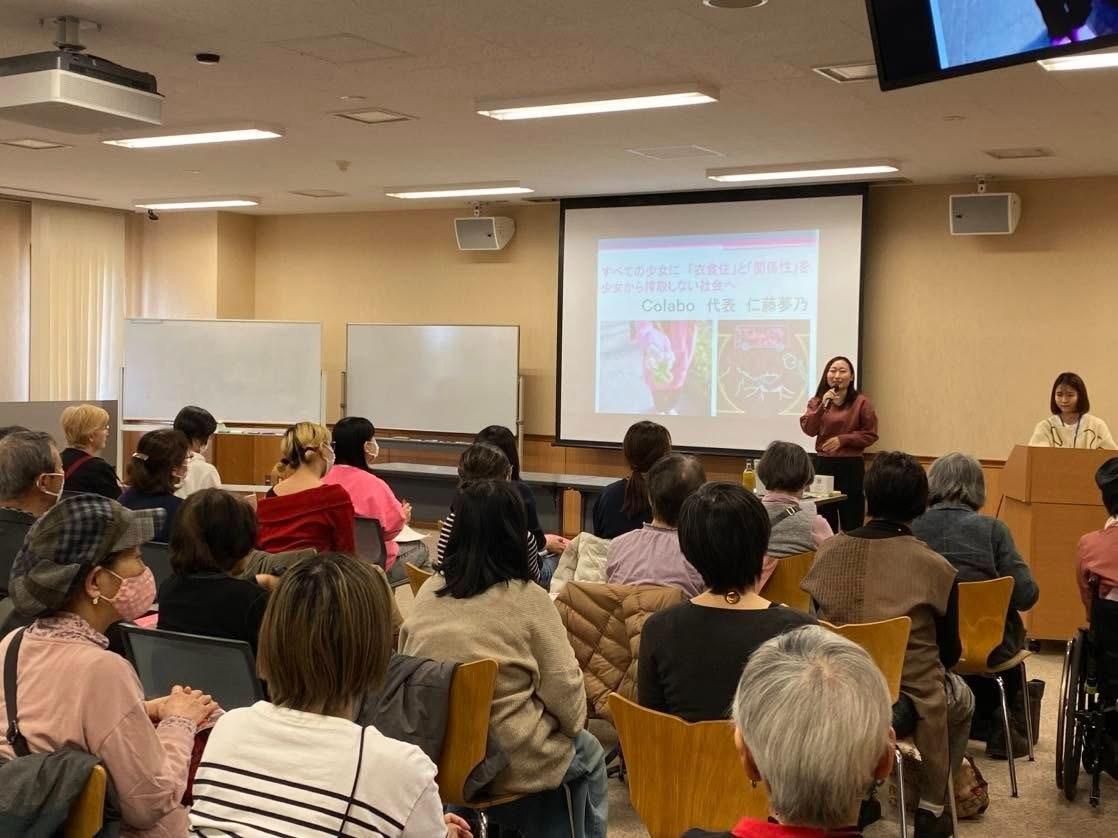
- International solidarity initiatives to resolve sex trade issues
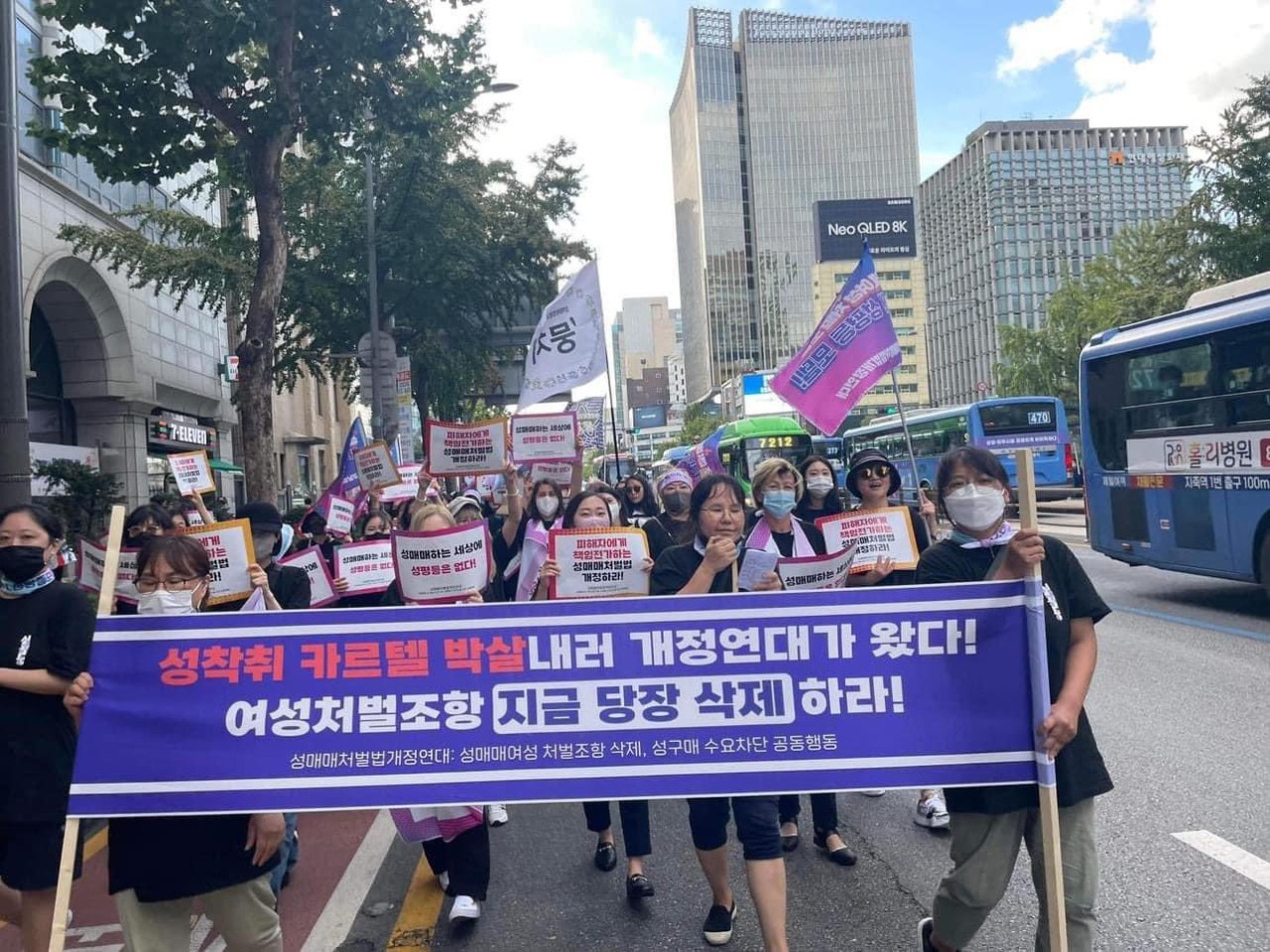
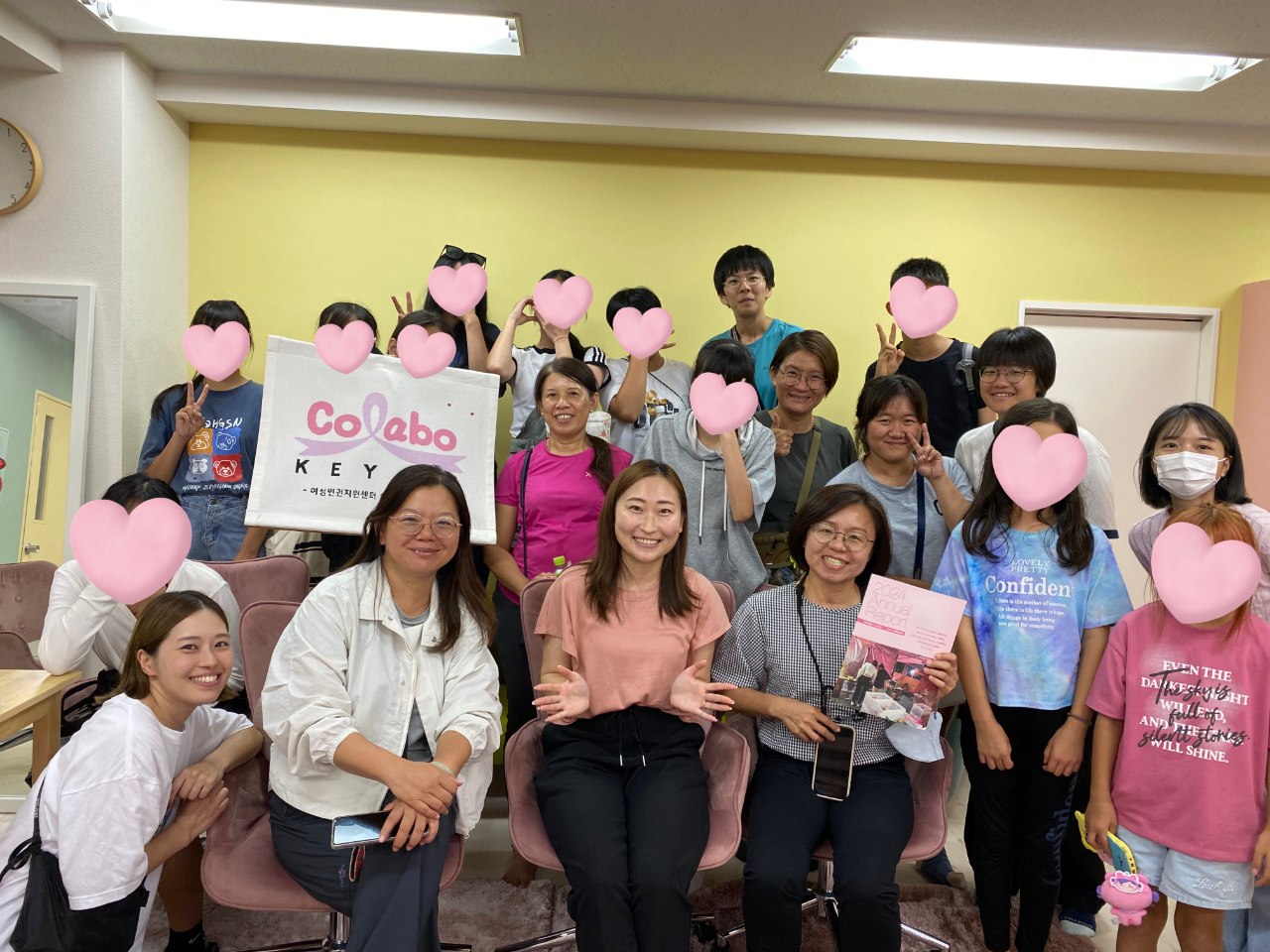
- Emergency support for girls and women in disaster-affected areas (as sex traffickers infiltrate disaster zones)
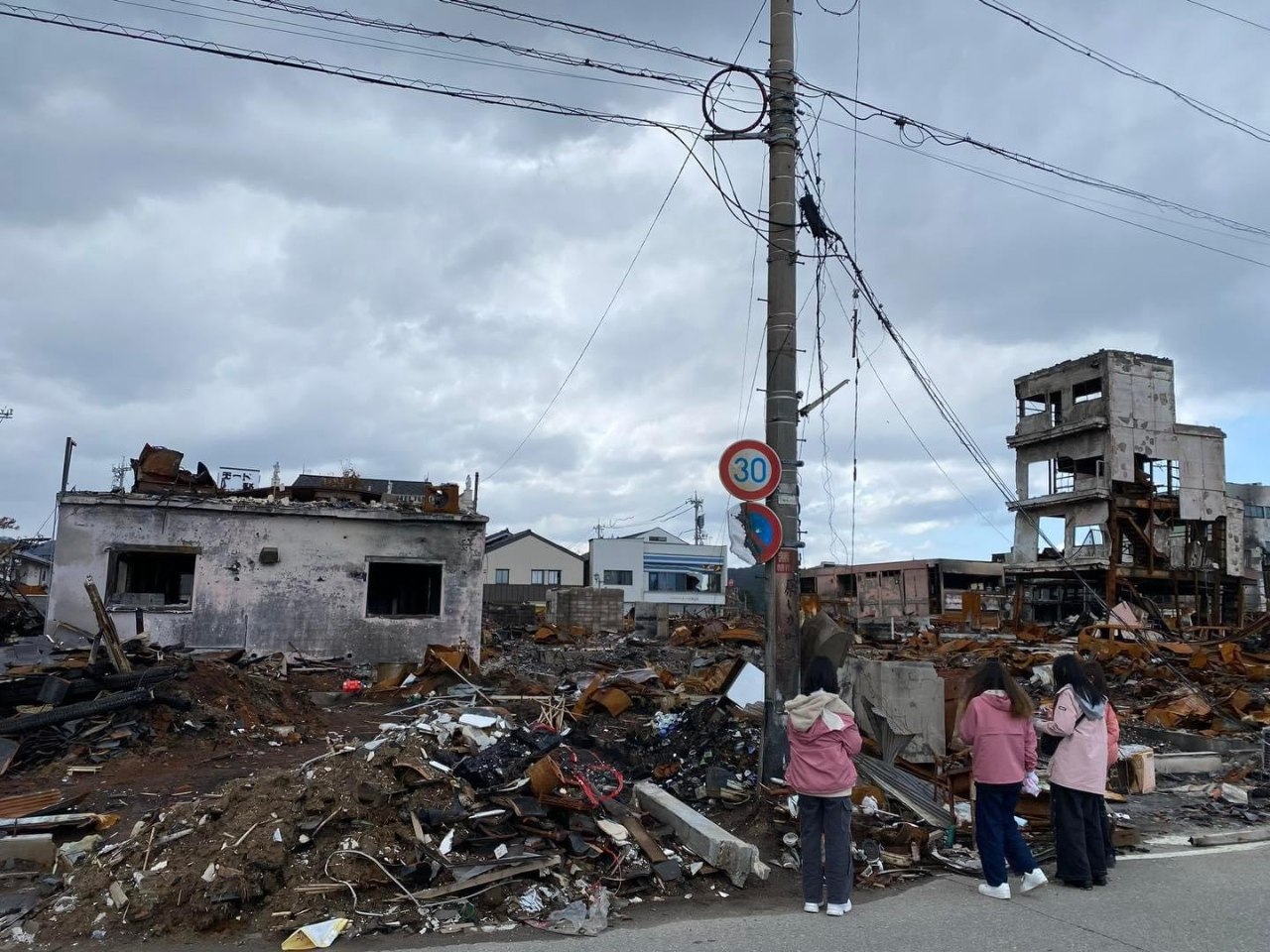
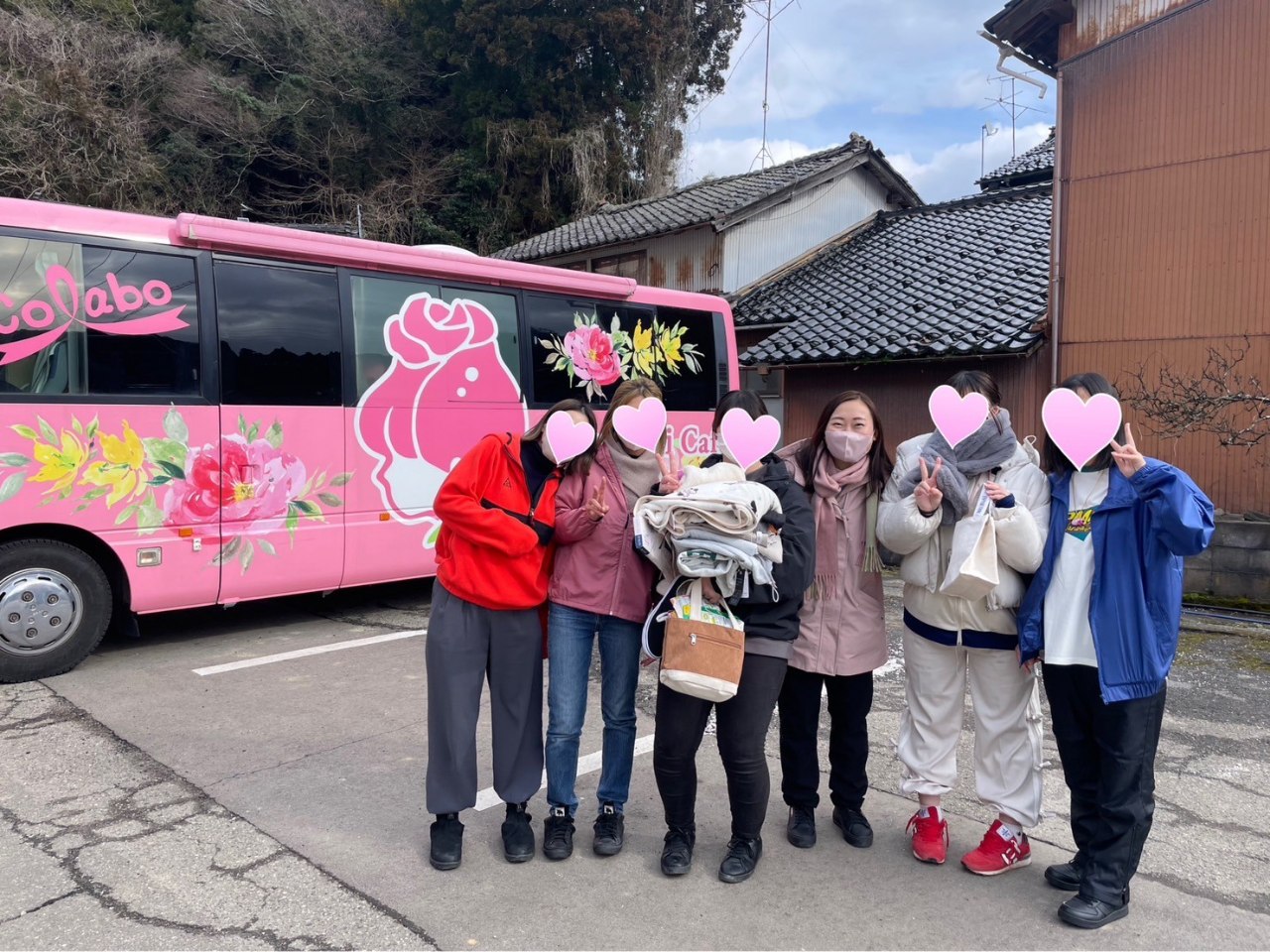
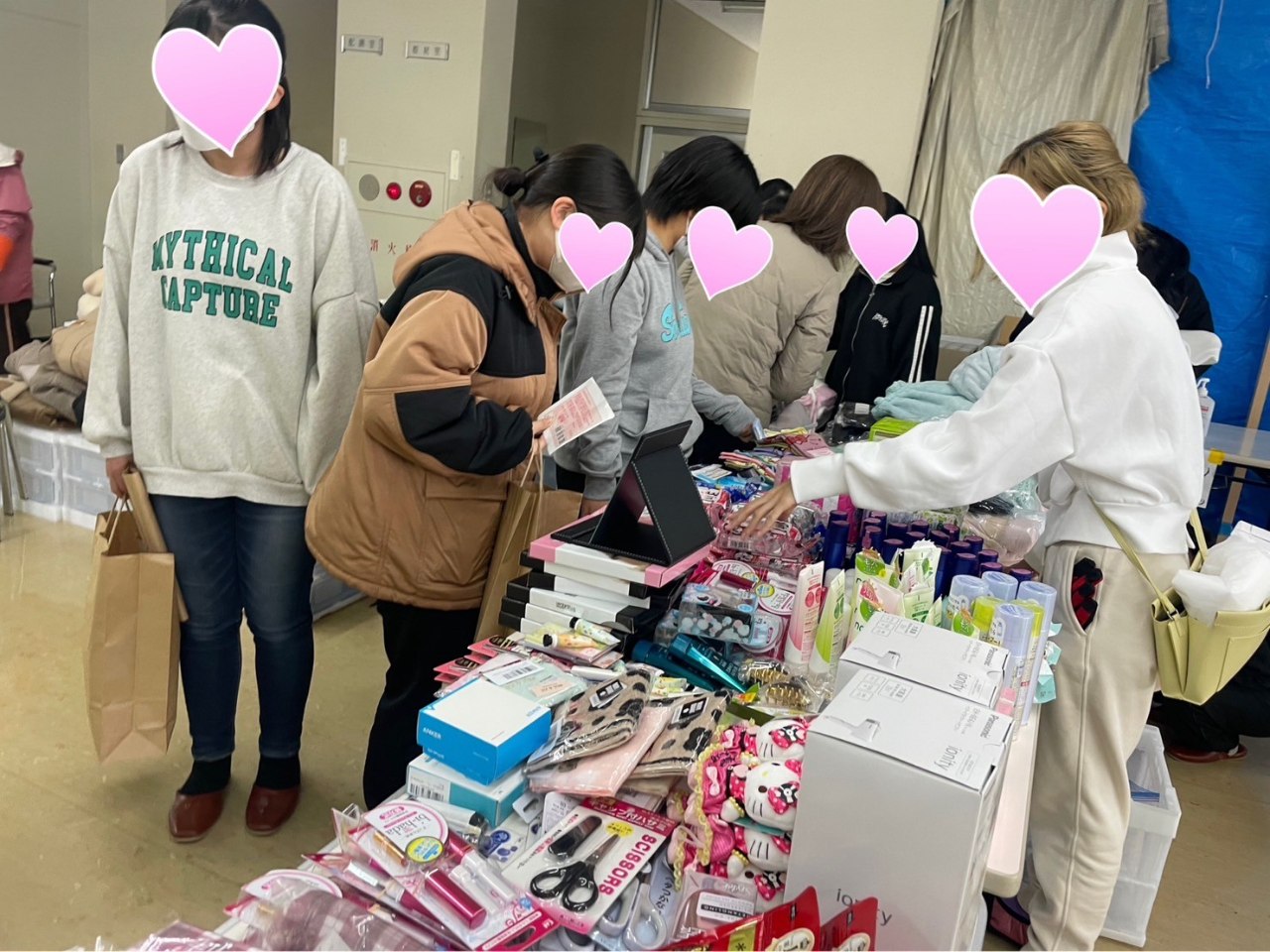
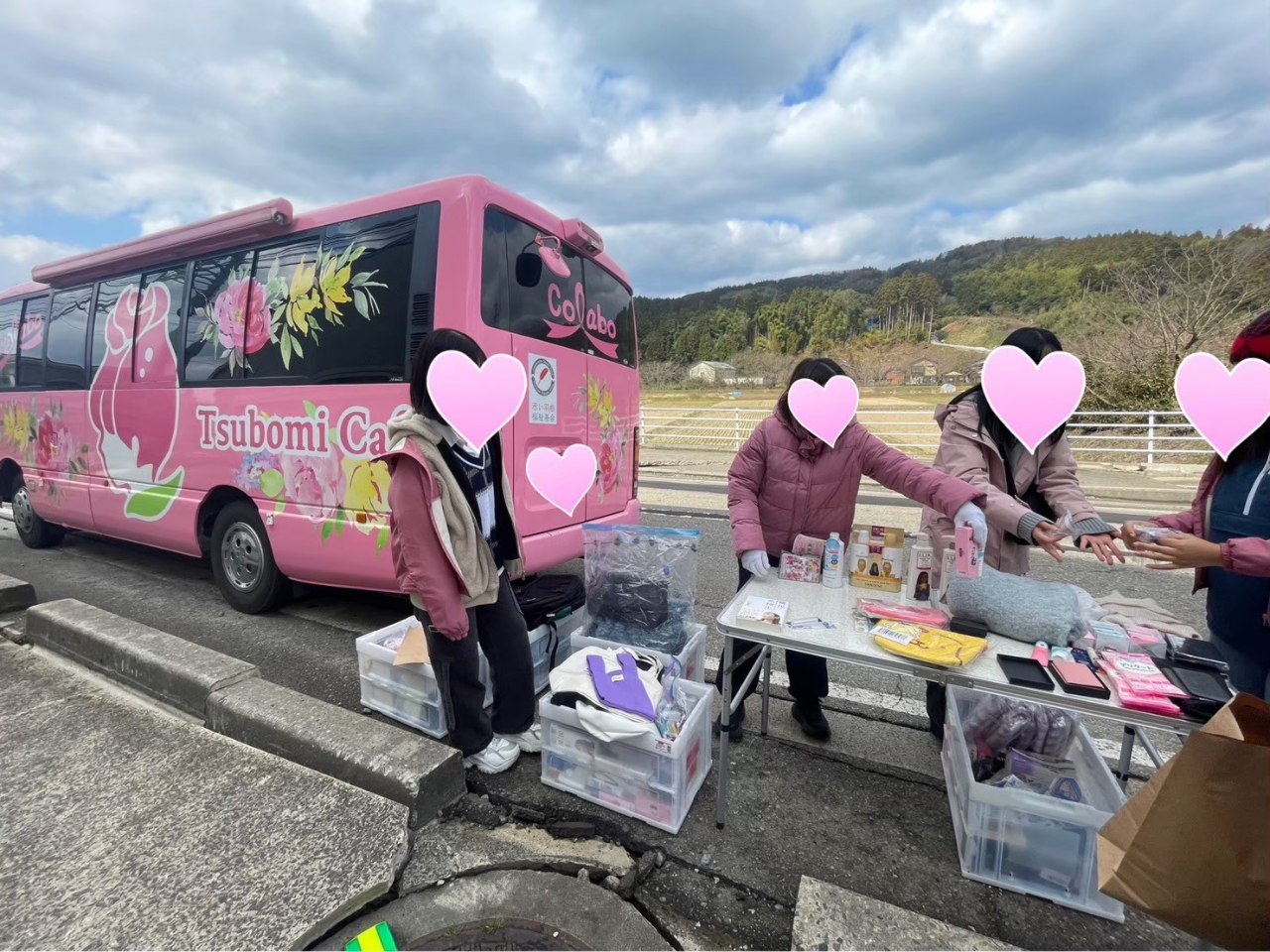
Please support us
Website & Media coverage https://colabo-official.net/projects-english/
Representative’s background https://researchmap.jp/yumenonito?lang=en
Board members
Representative Director: Yumeno Nito
Deputy Representative Director: Takahisa Inaba (Career Counsellor)
Directors:
Yuriko Saito (University Professor)
Yuko Tanaka (Professor Emeritus, Hosei University; Former President)
Yukiko Tsunoda (Lawyer)
Kazuko Hosogane (Former Director, Women's Protection Facility)
Auditor: Hidetugu Kishimoto (Lawyer)
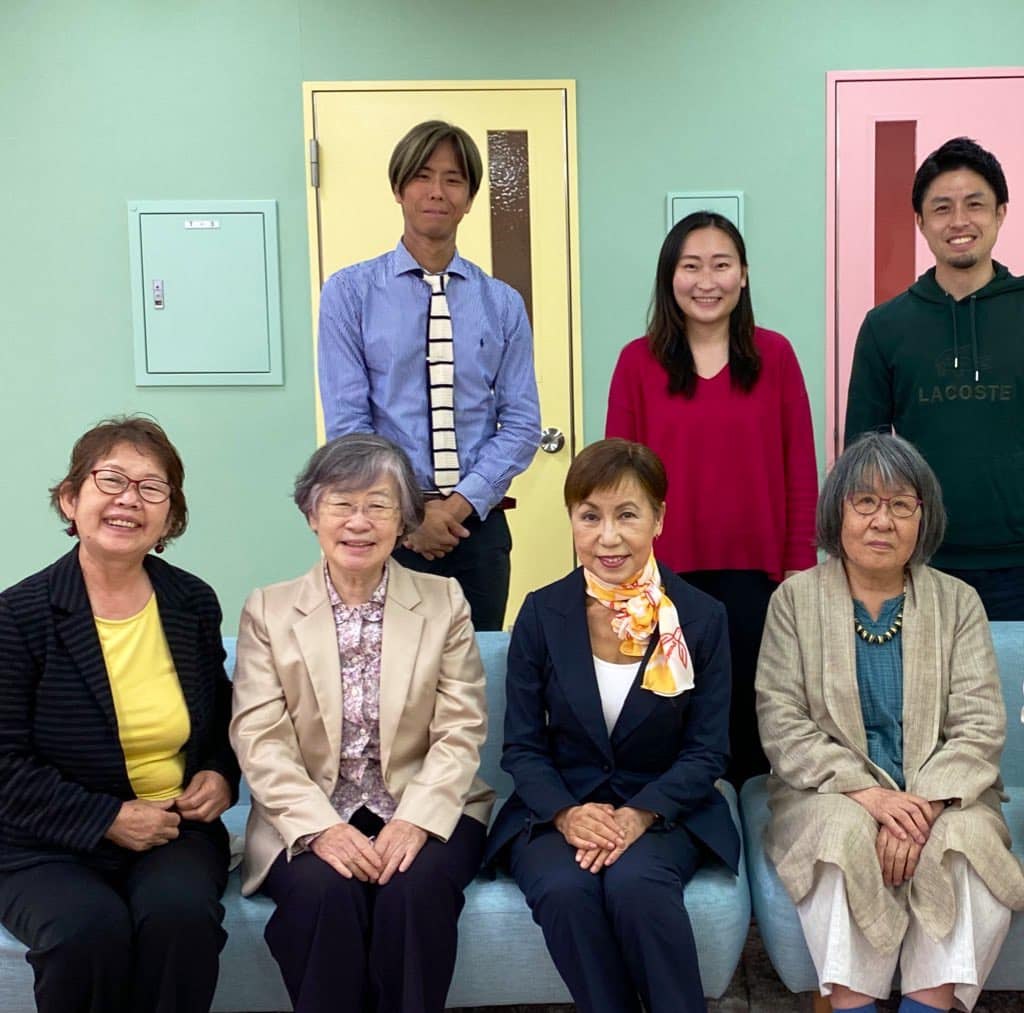
Our Supporter Members
